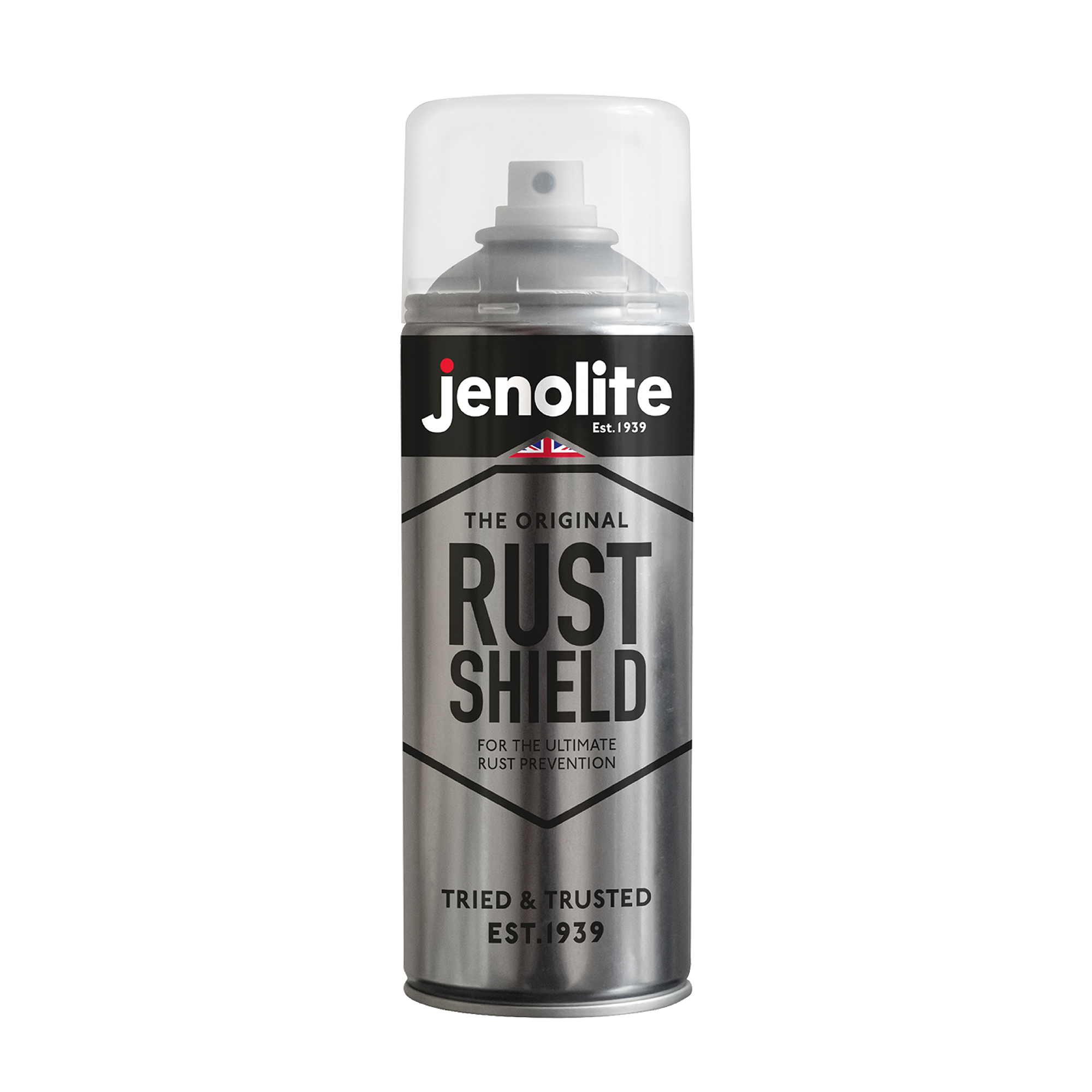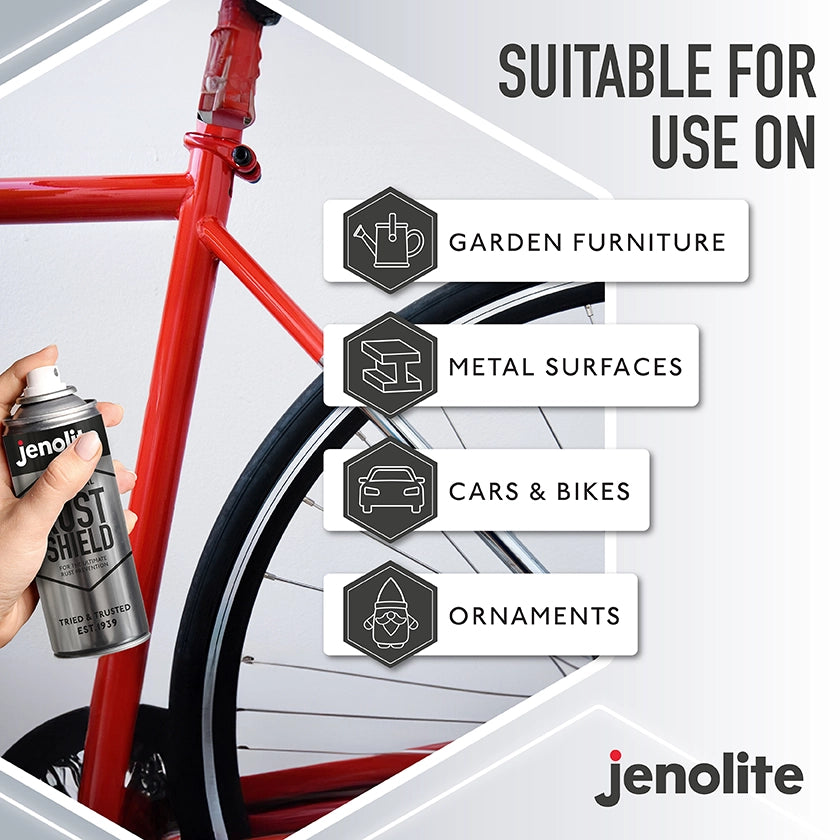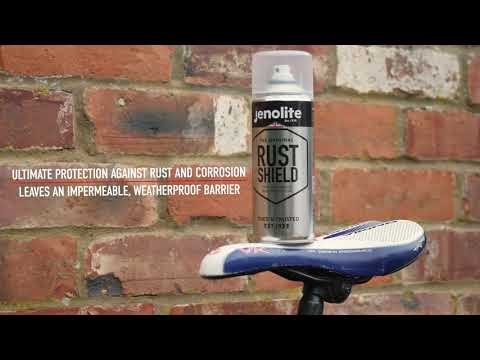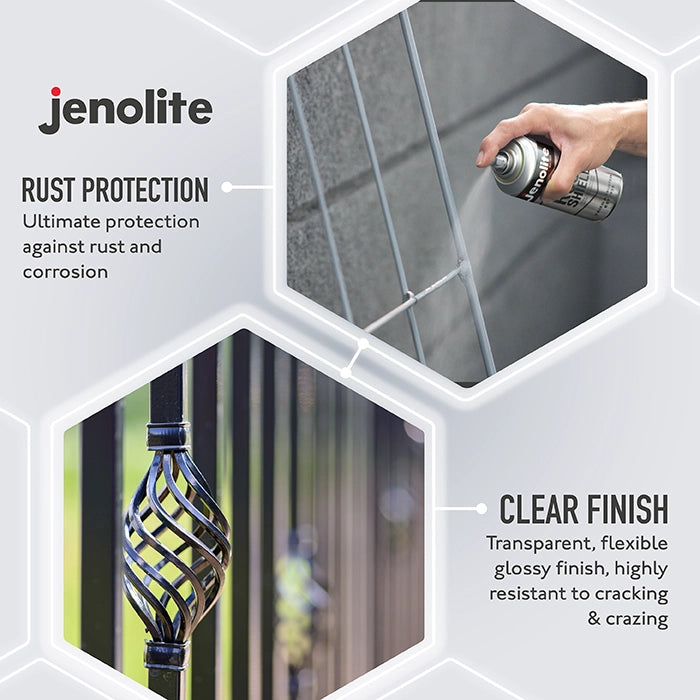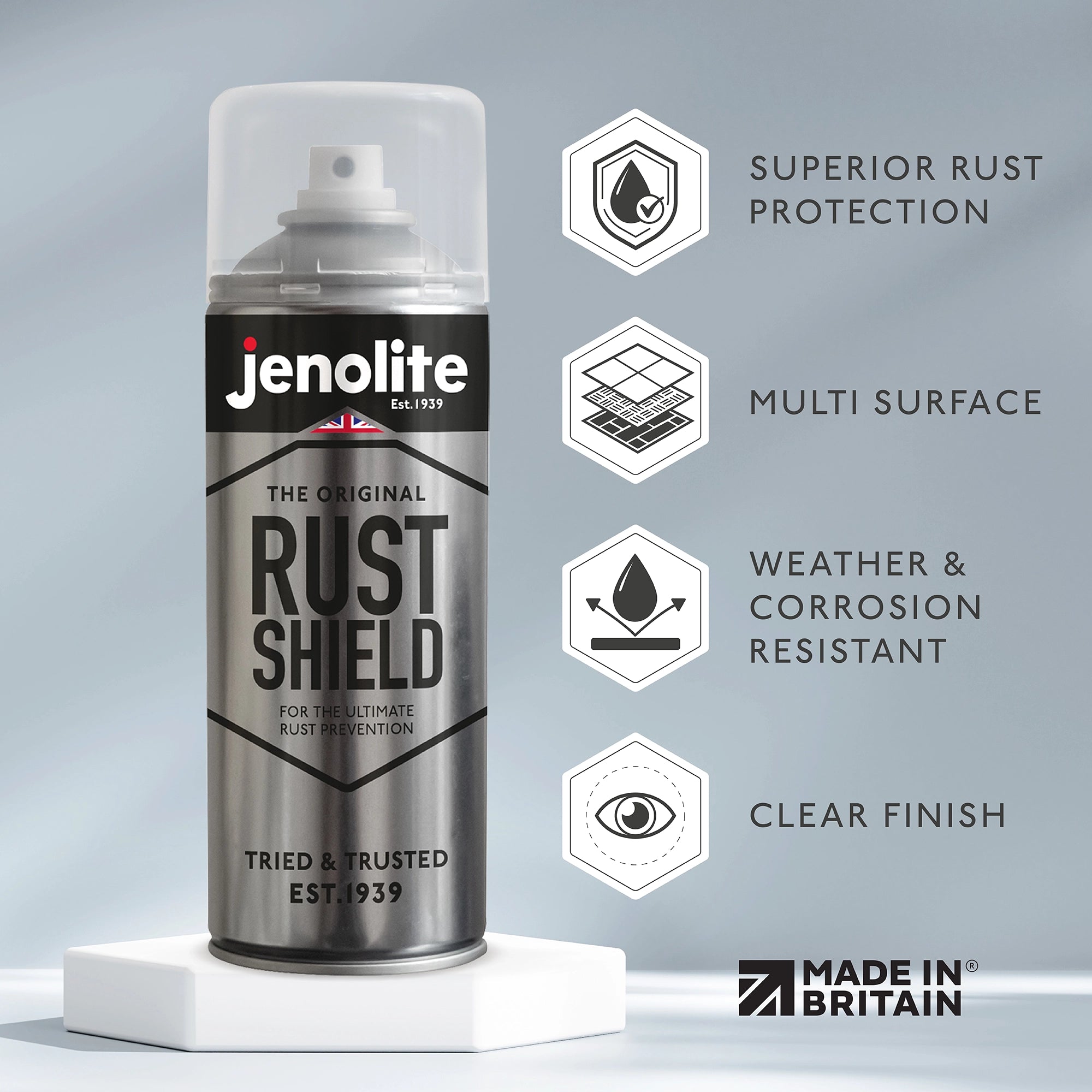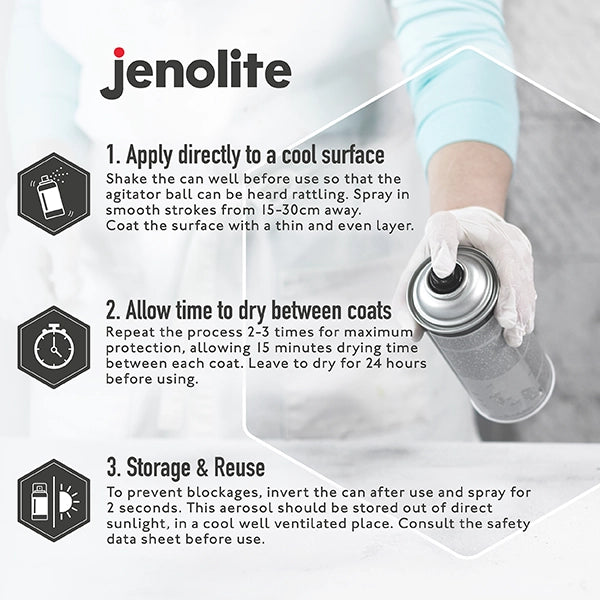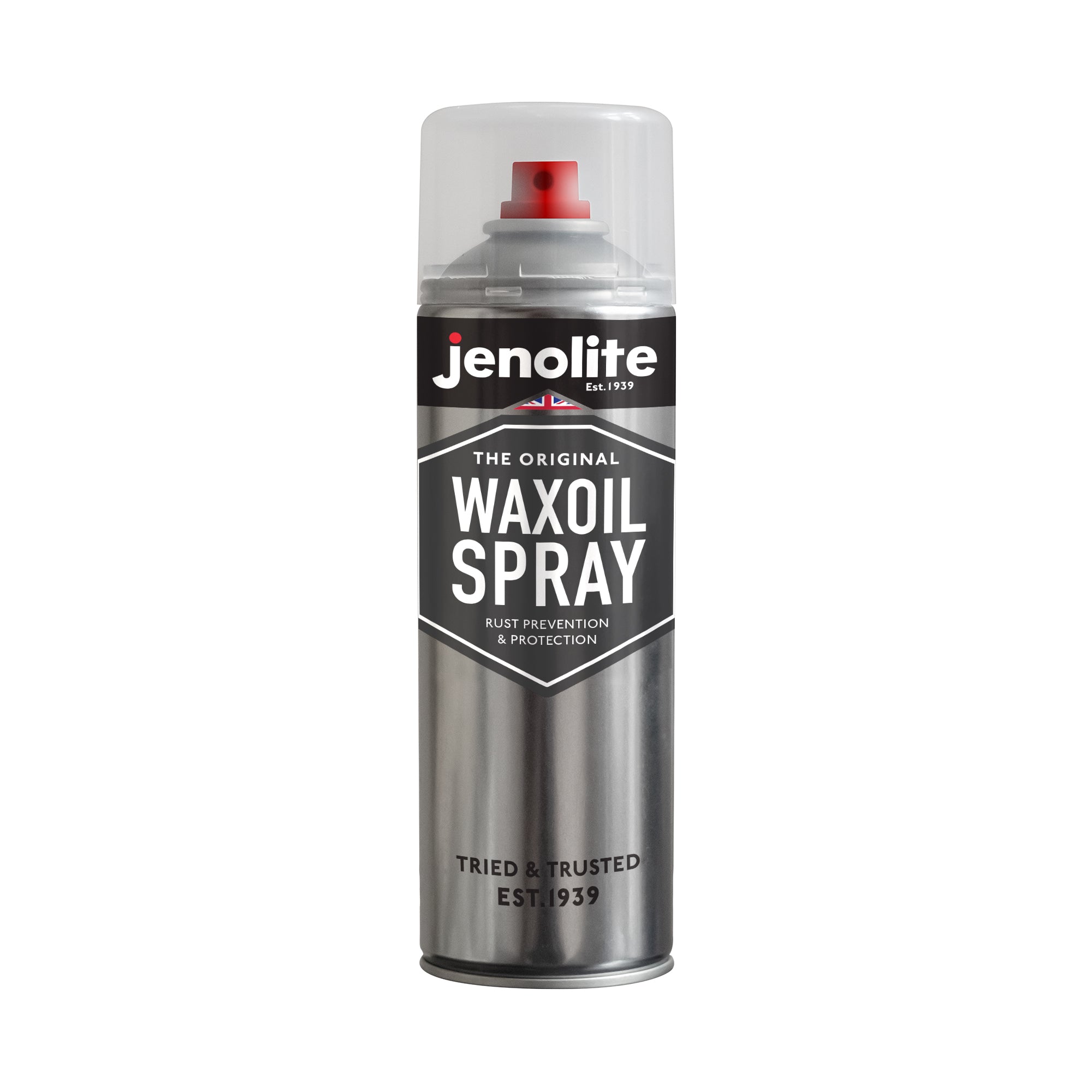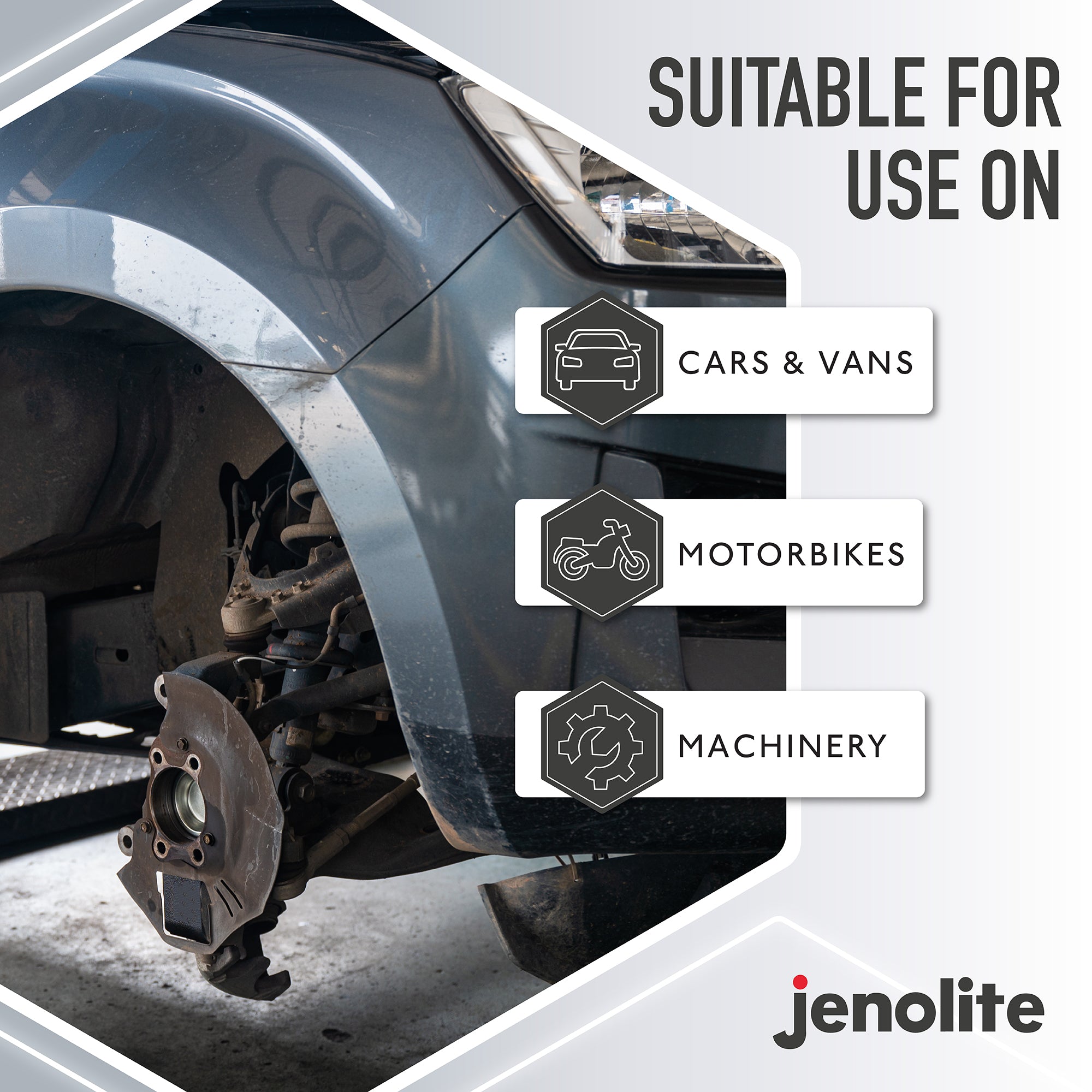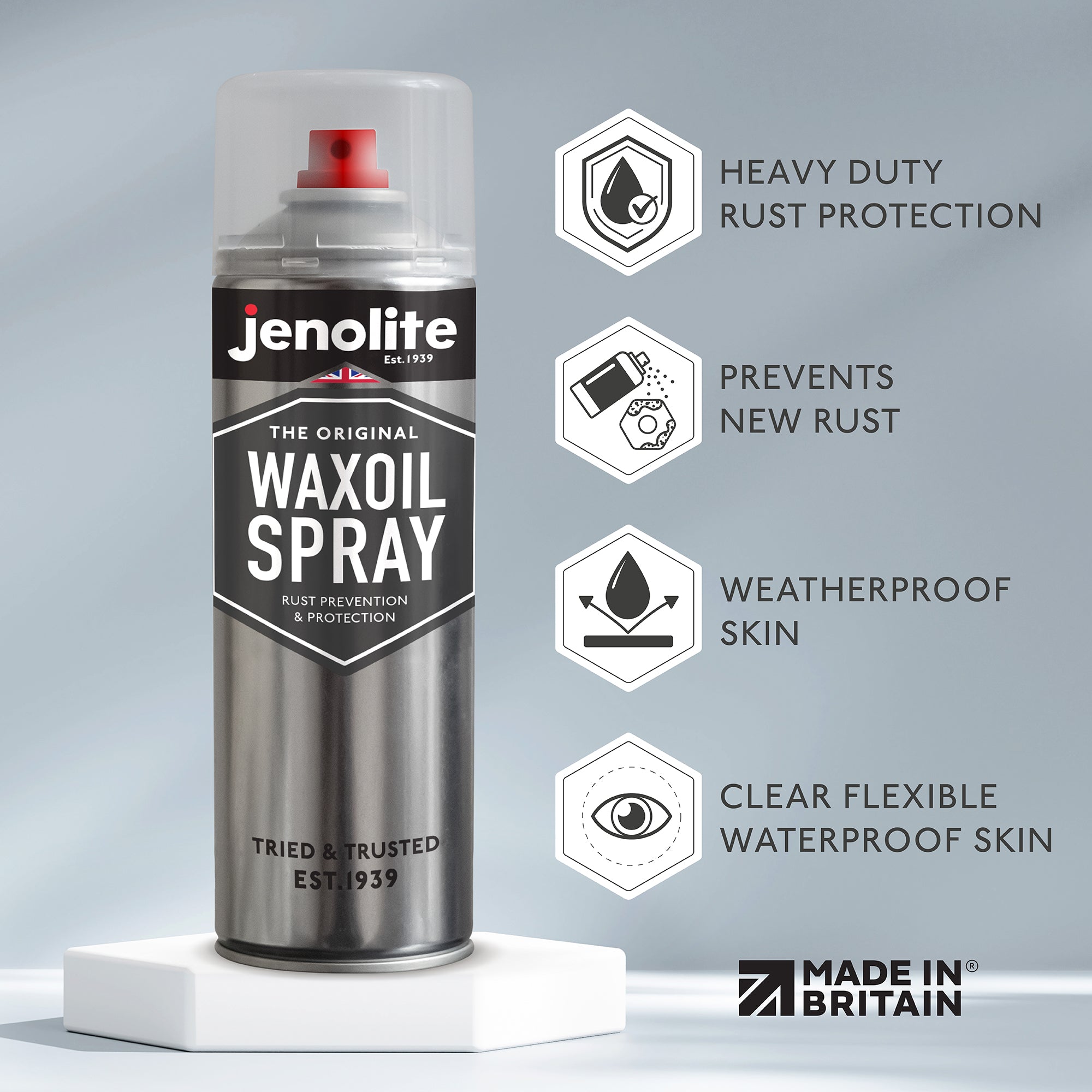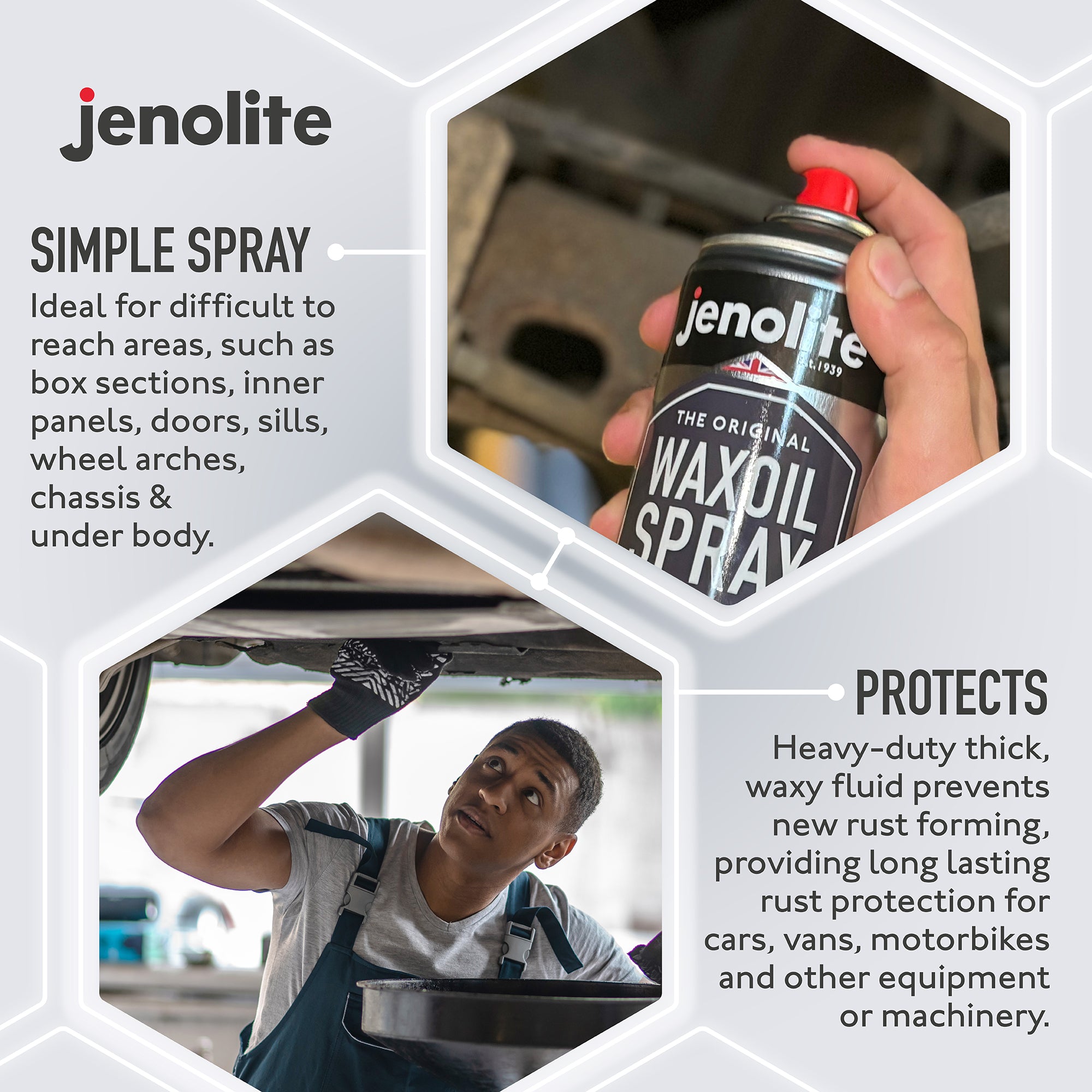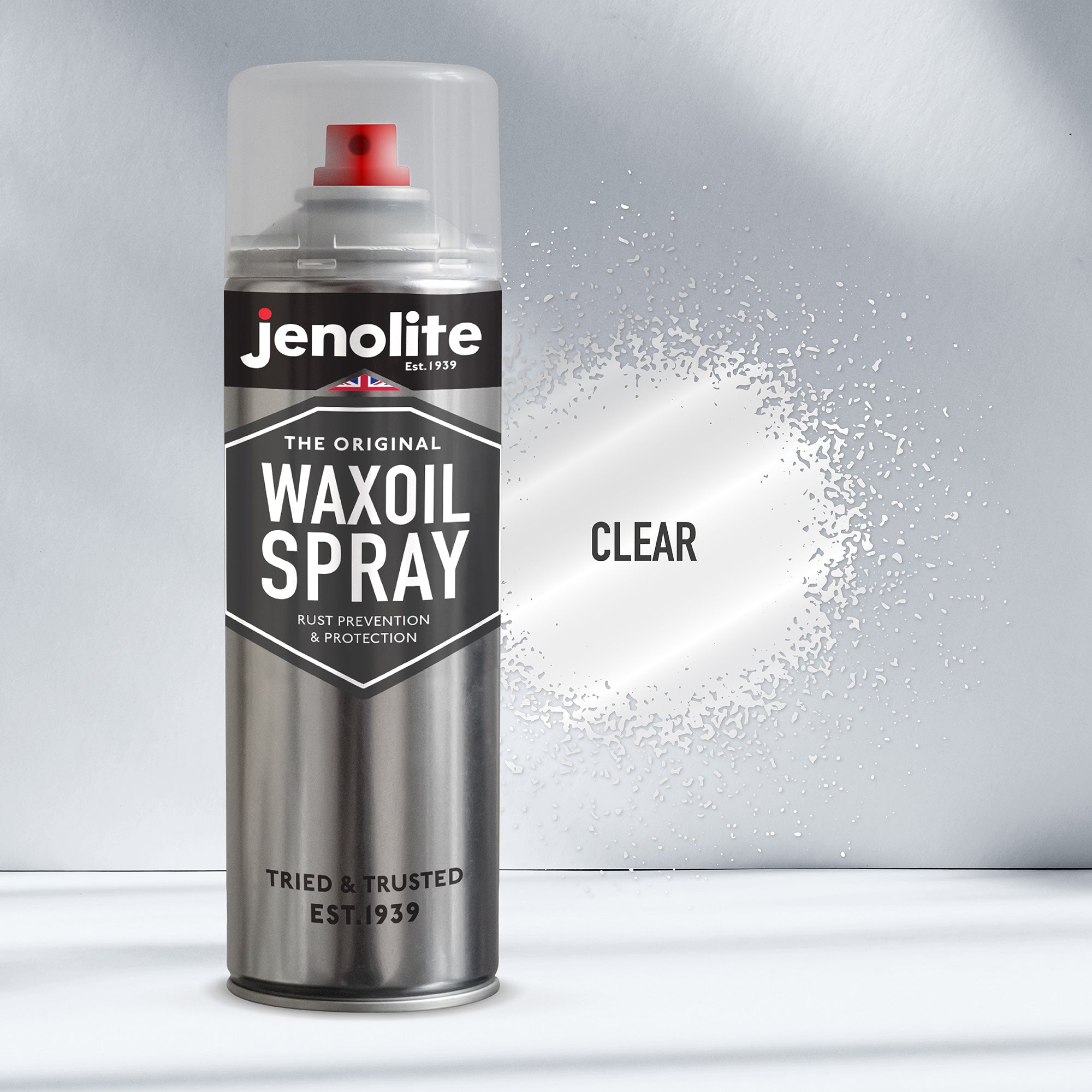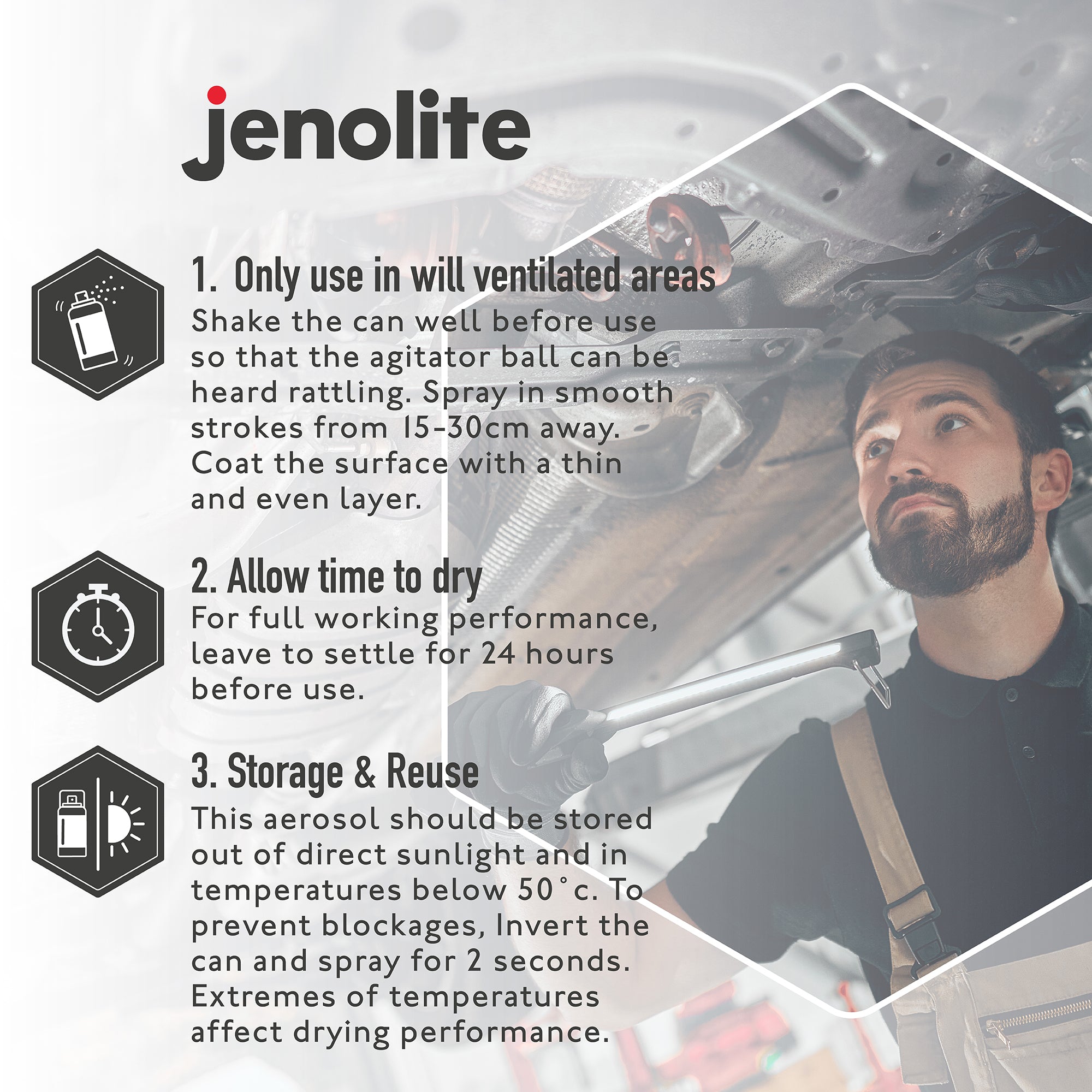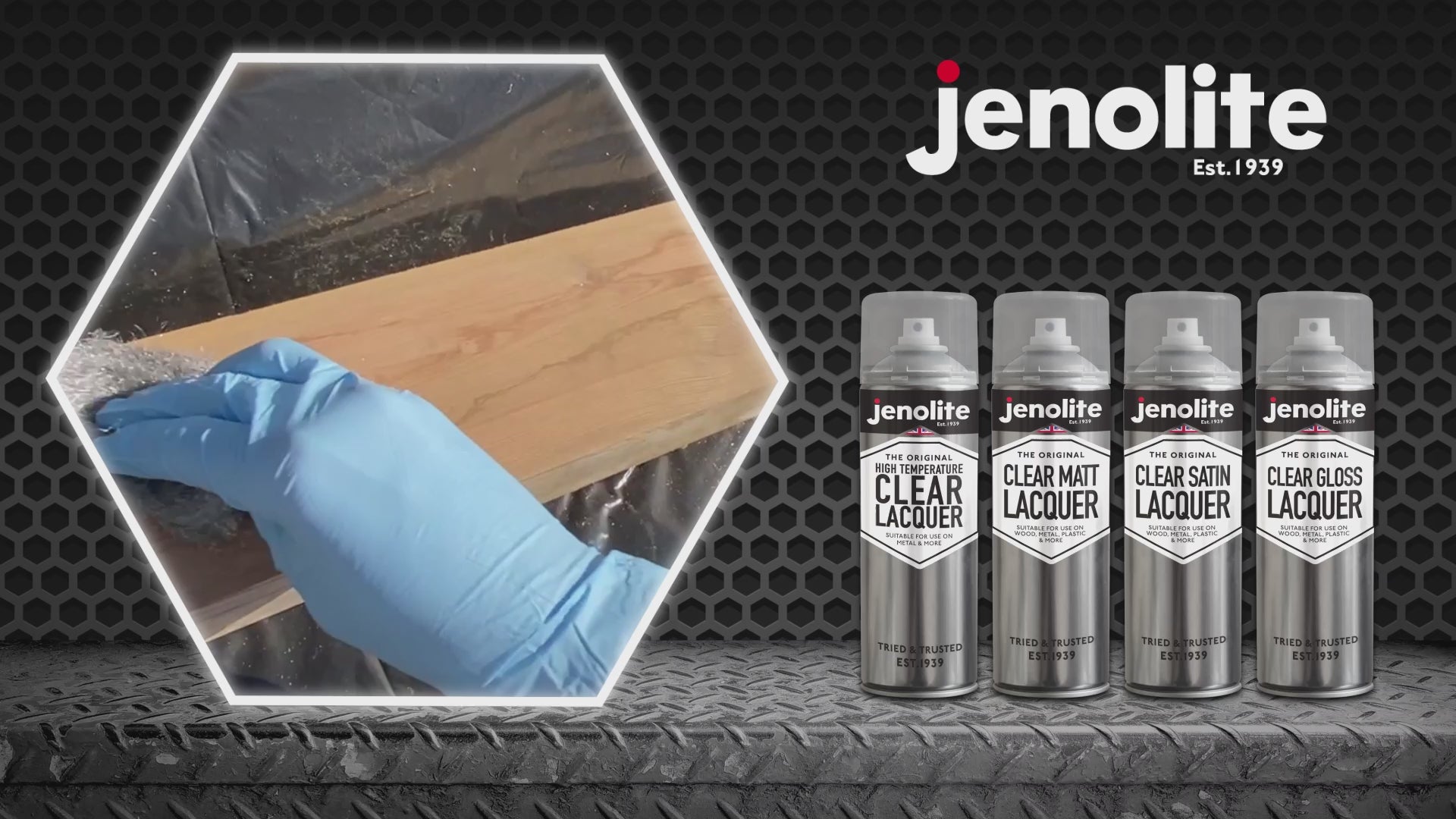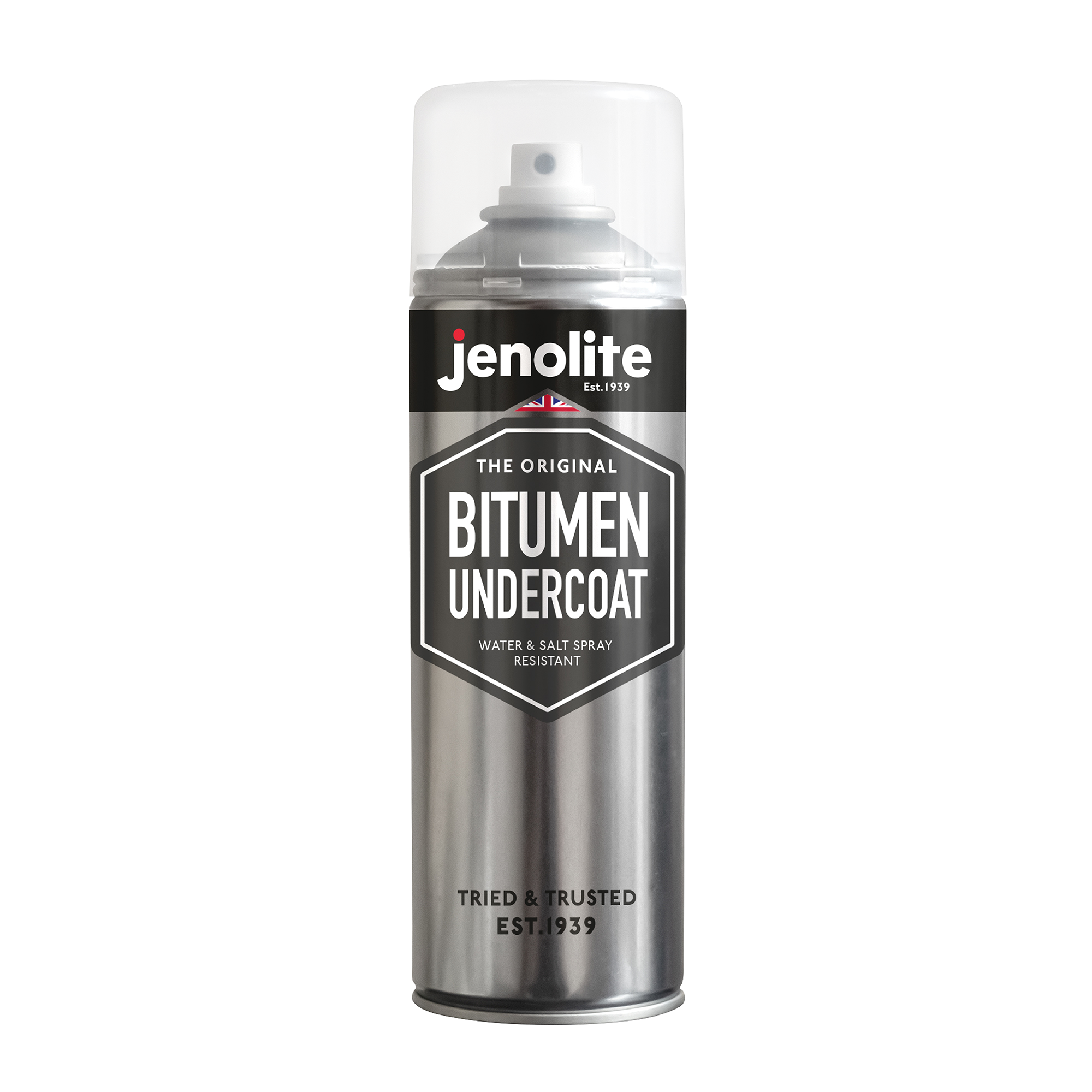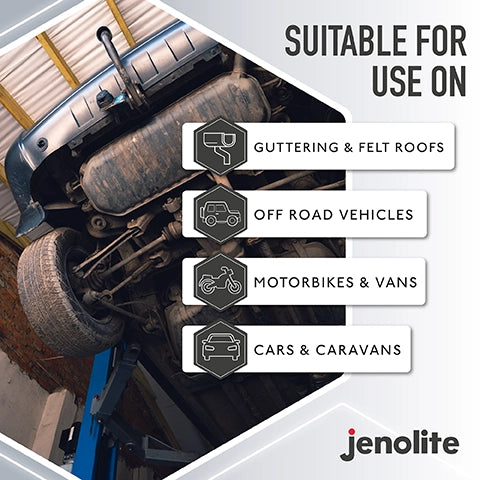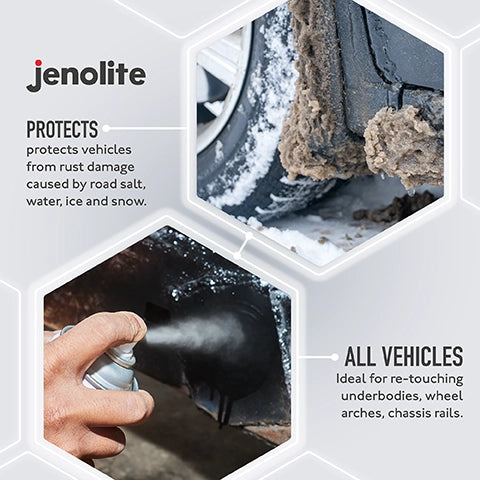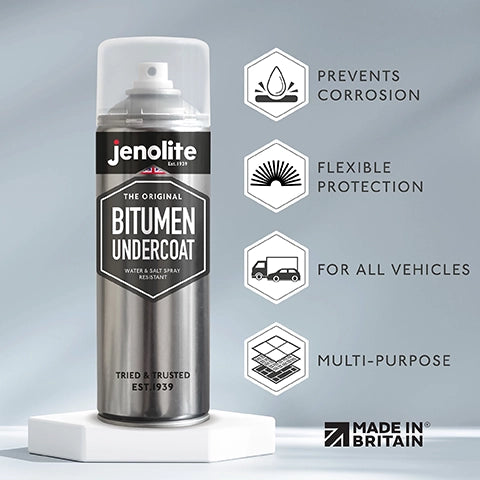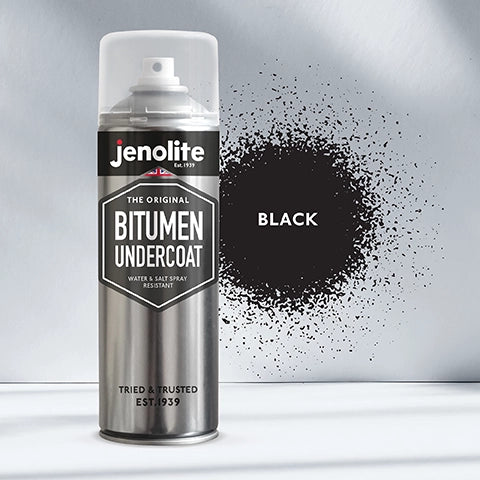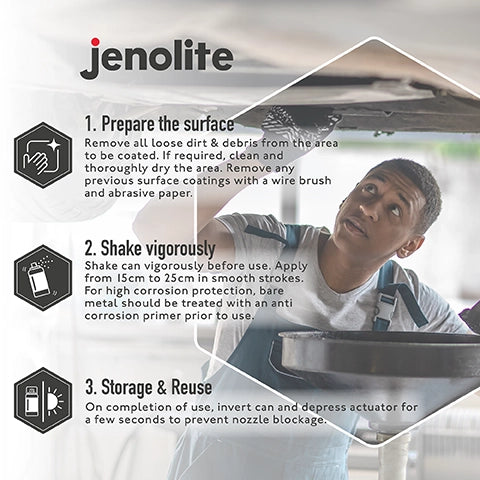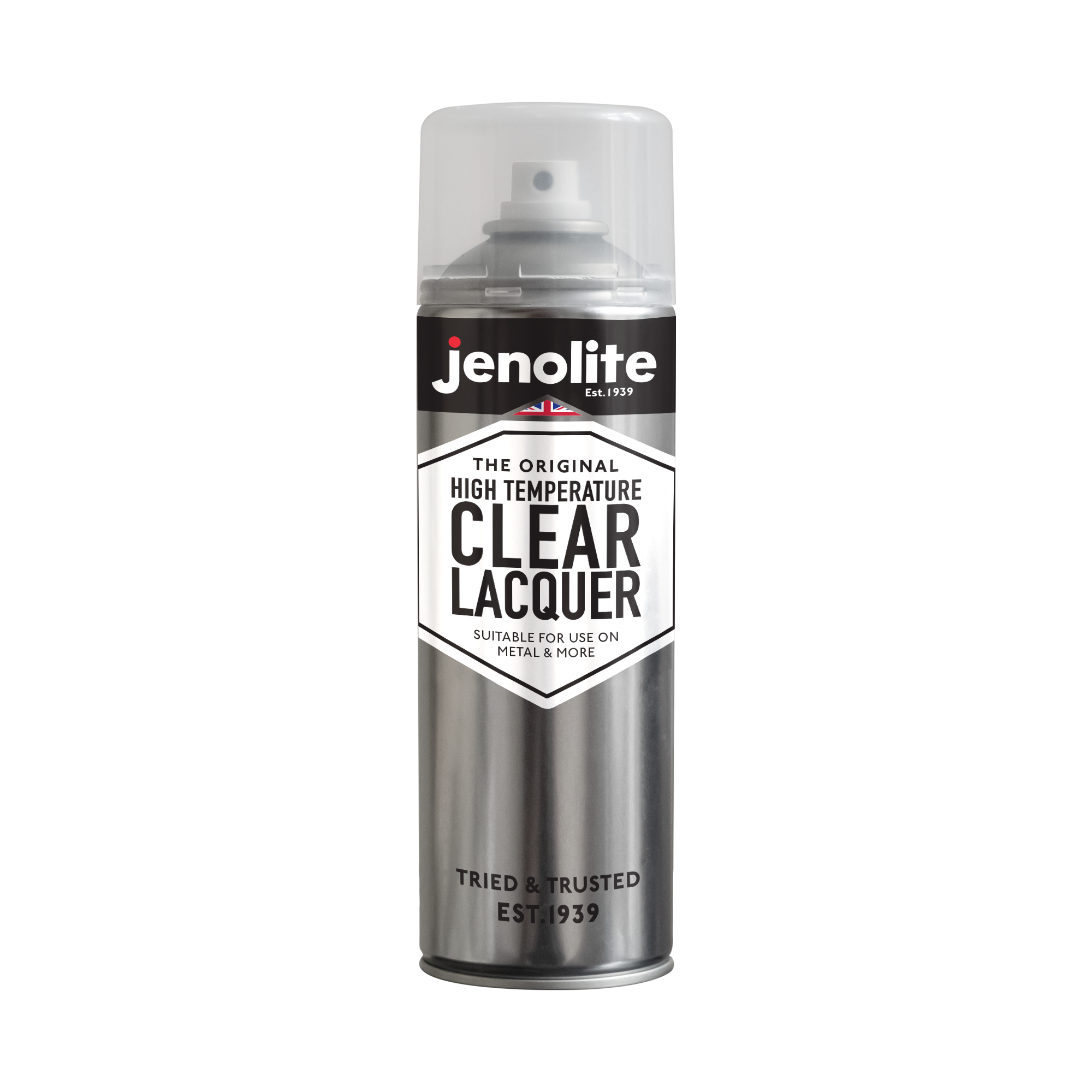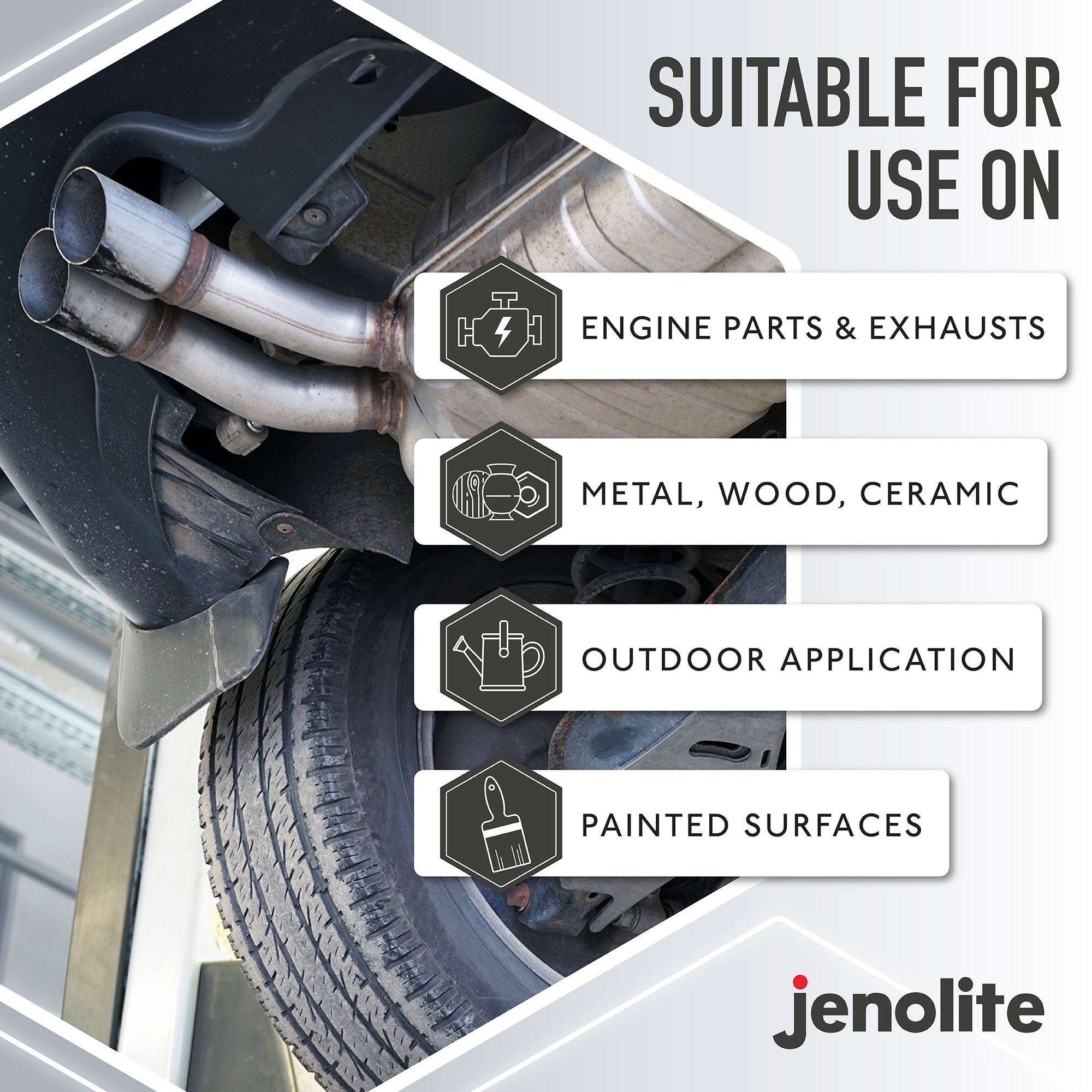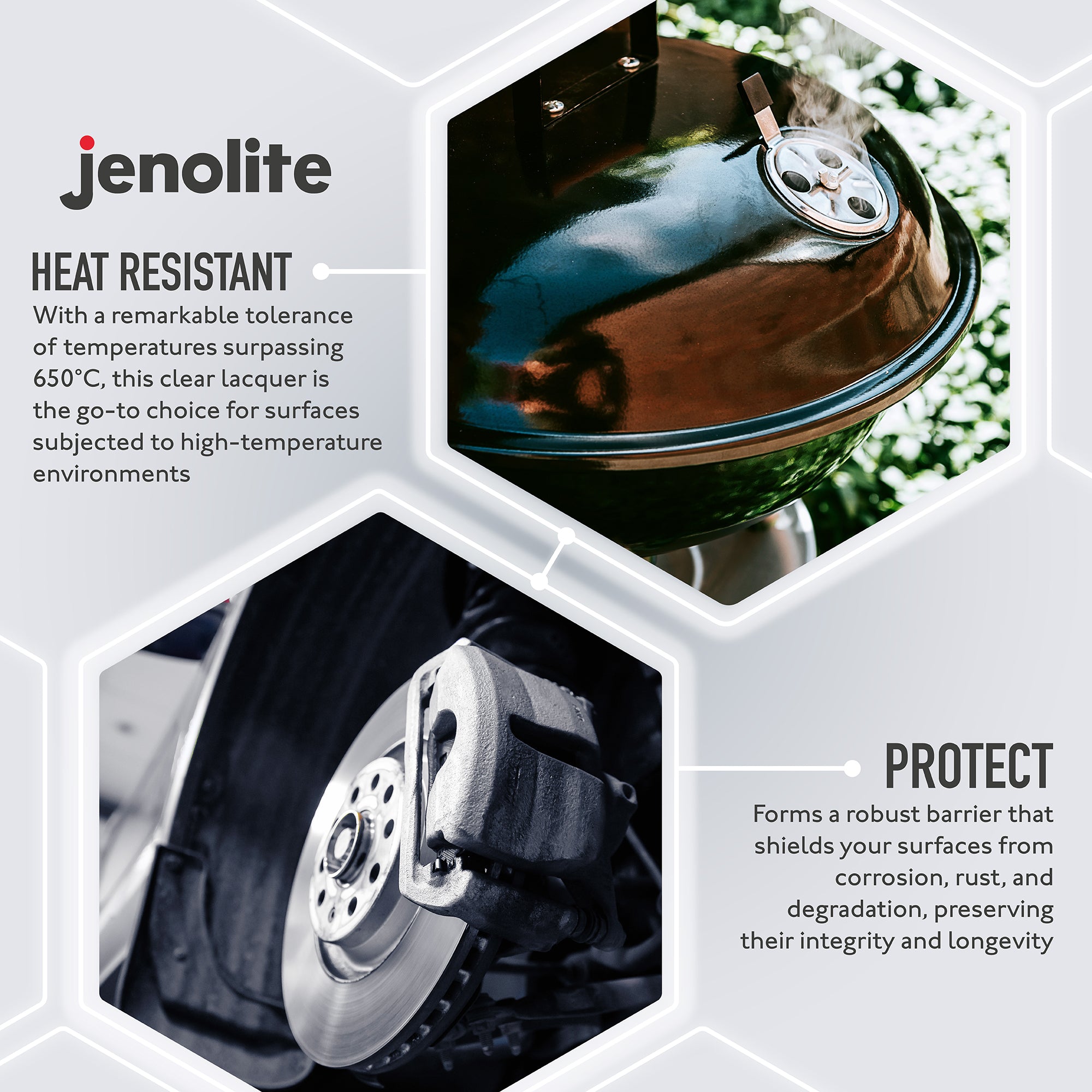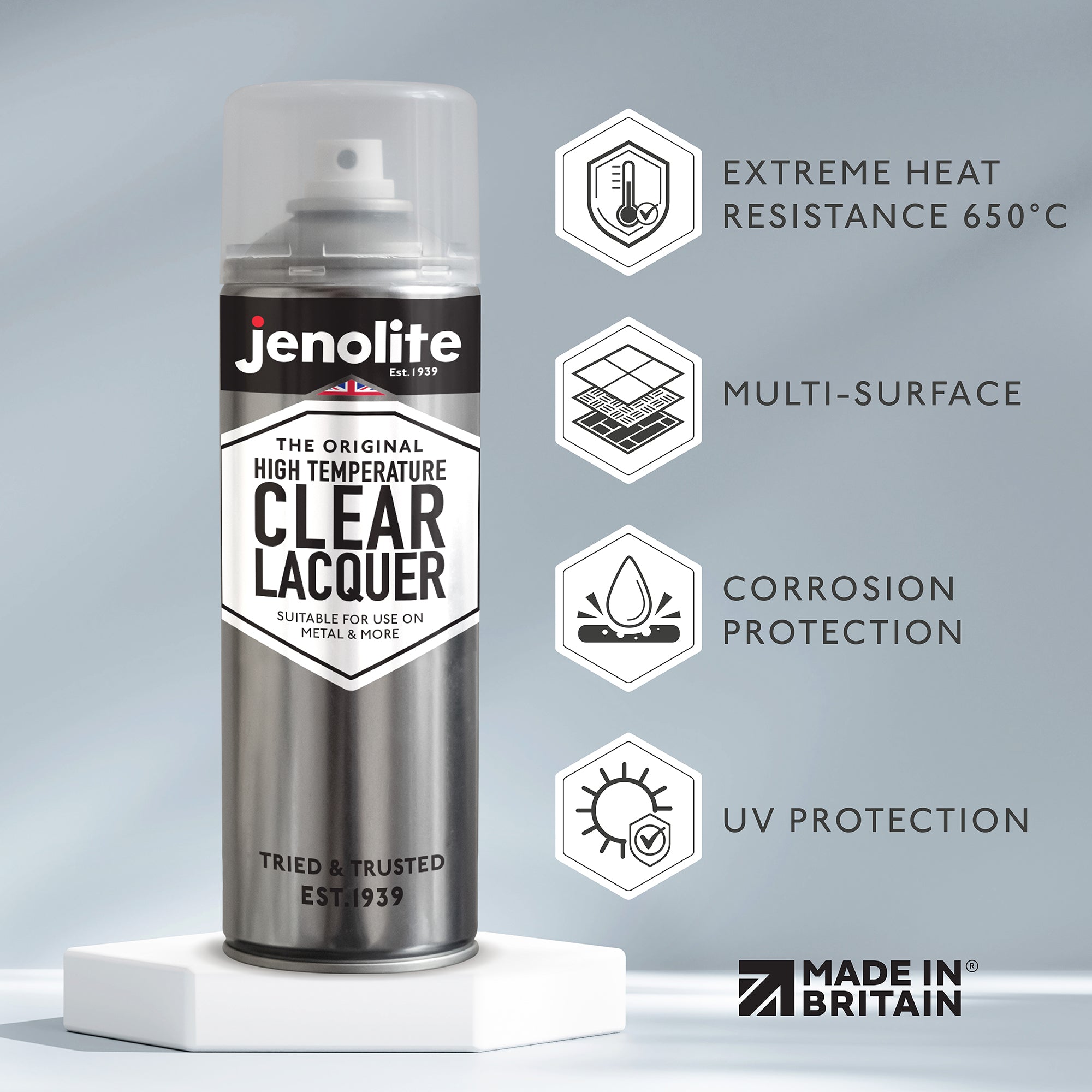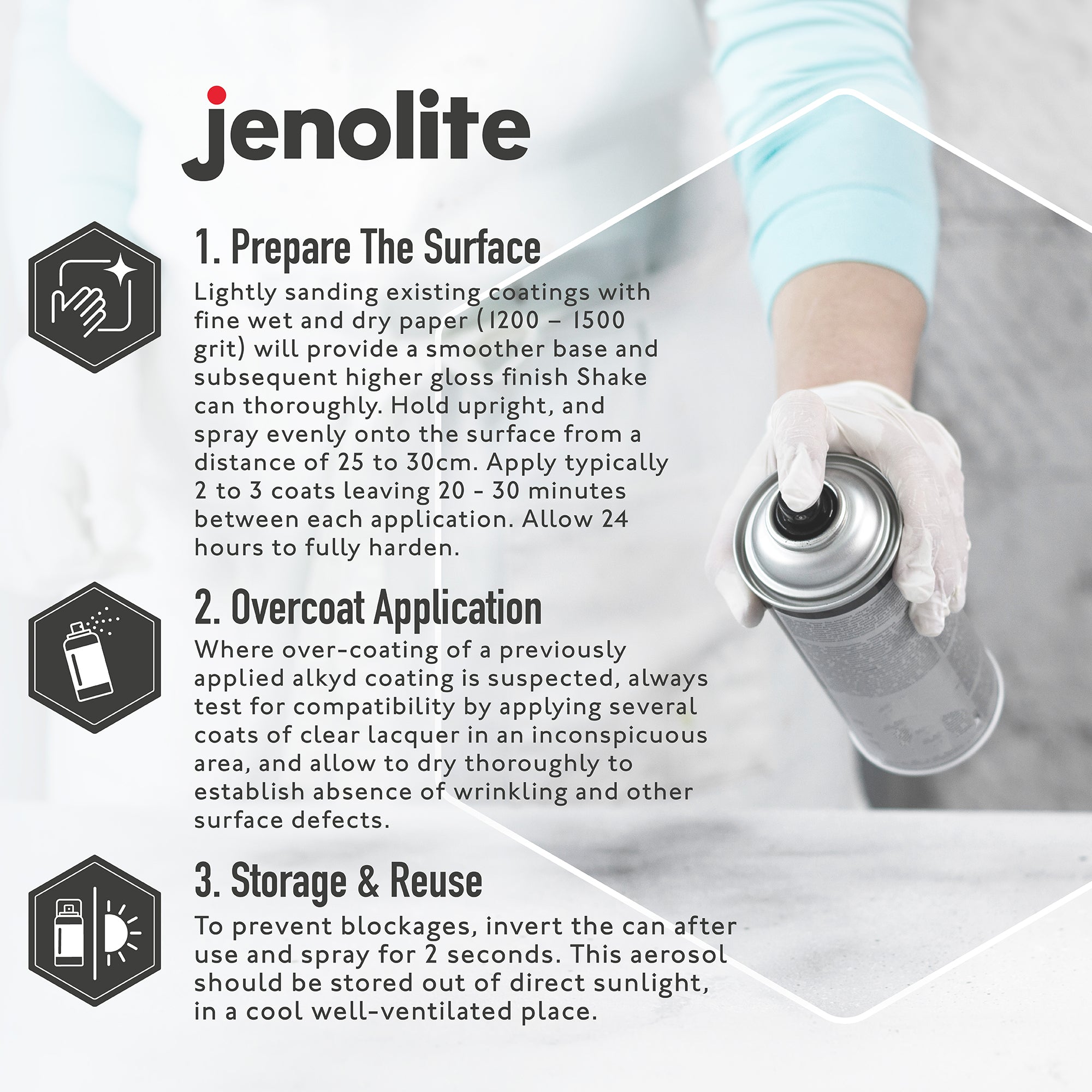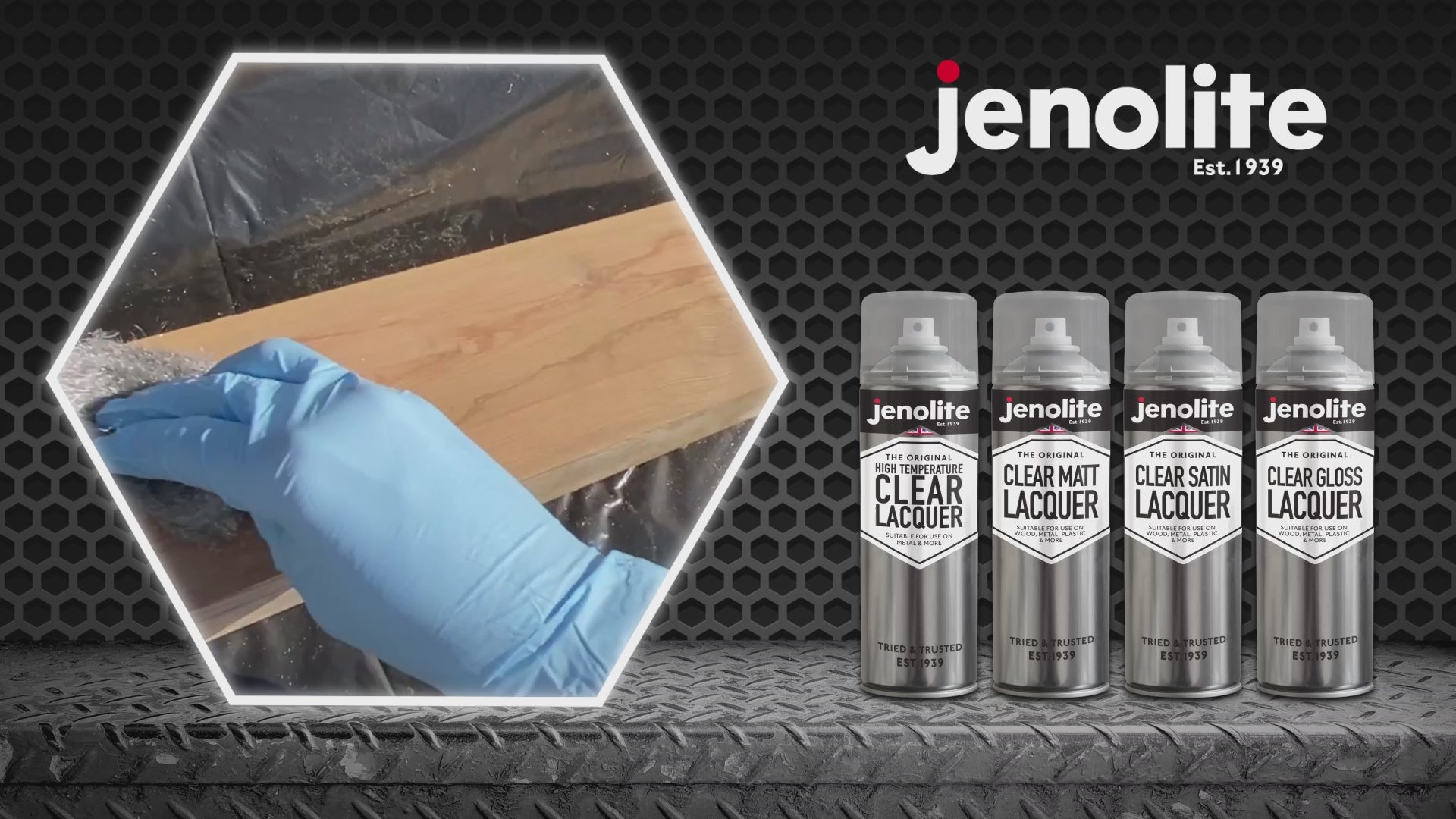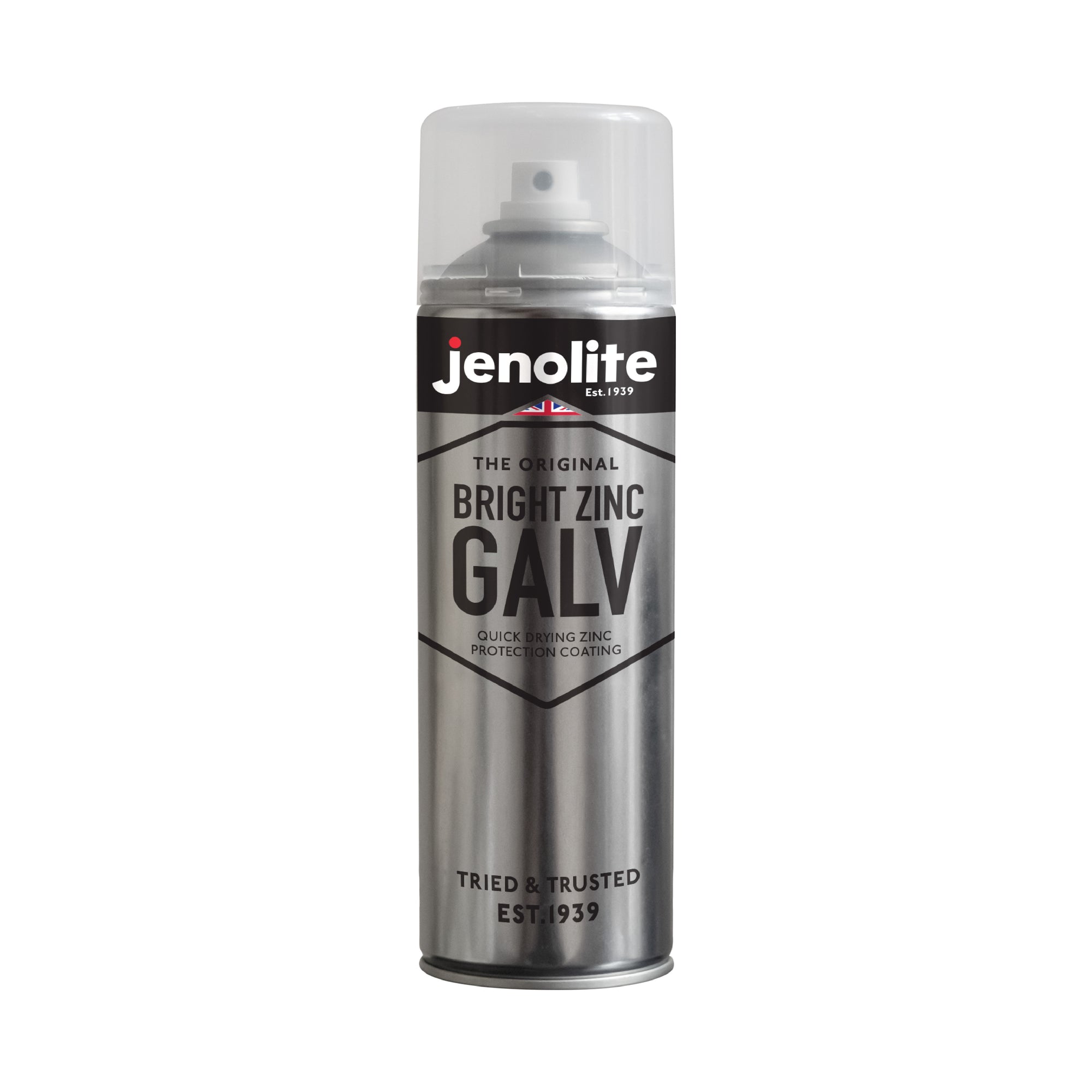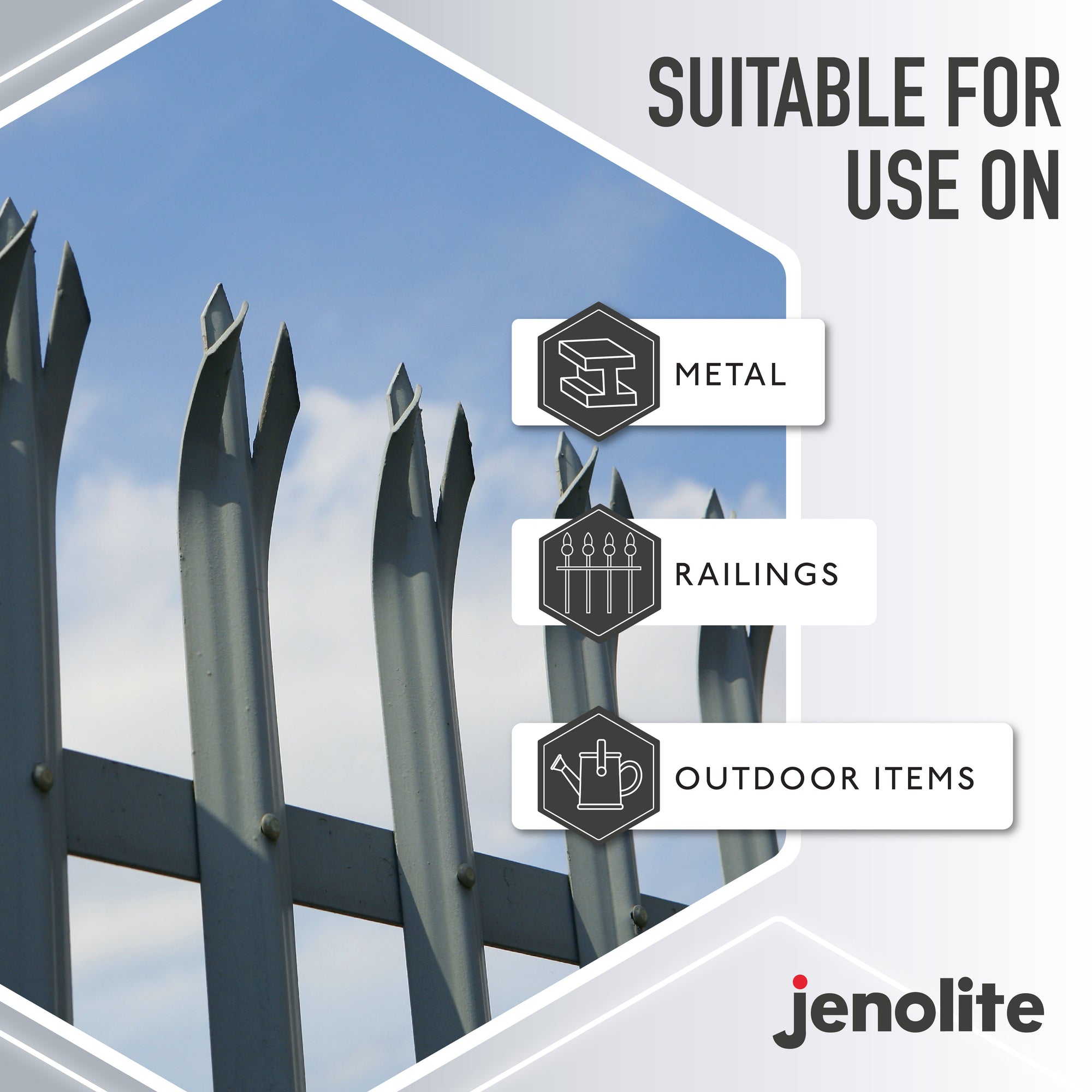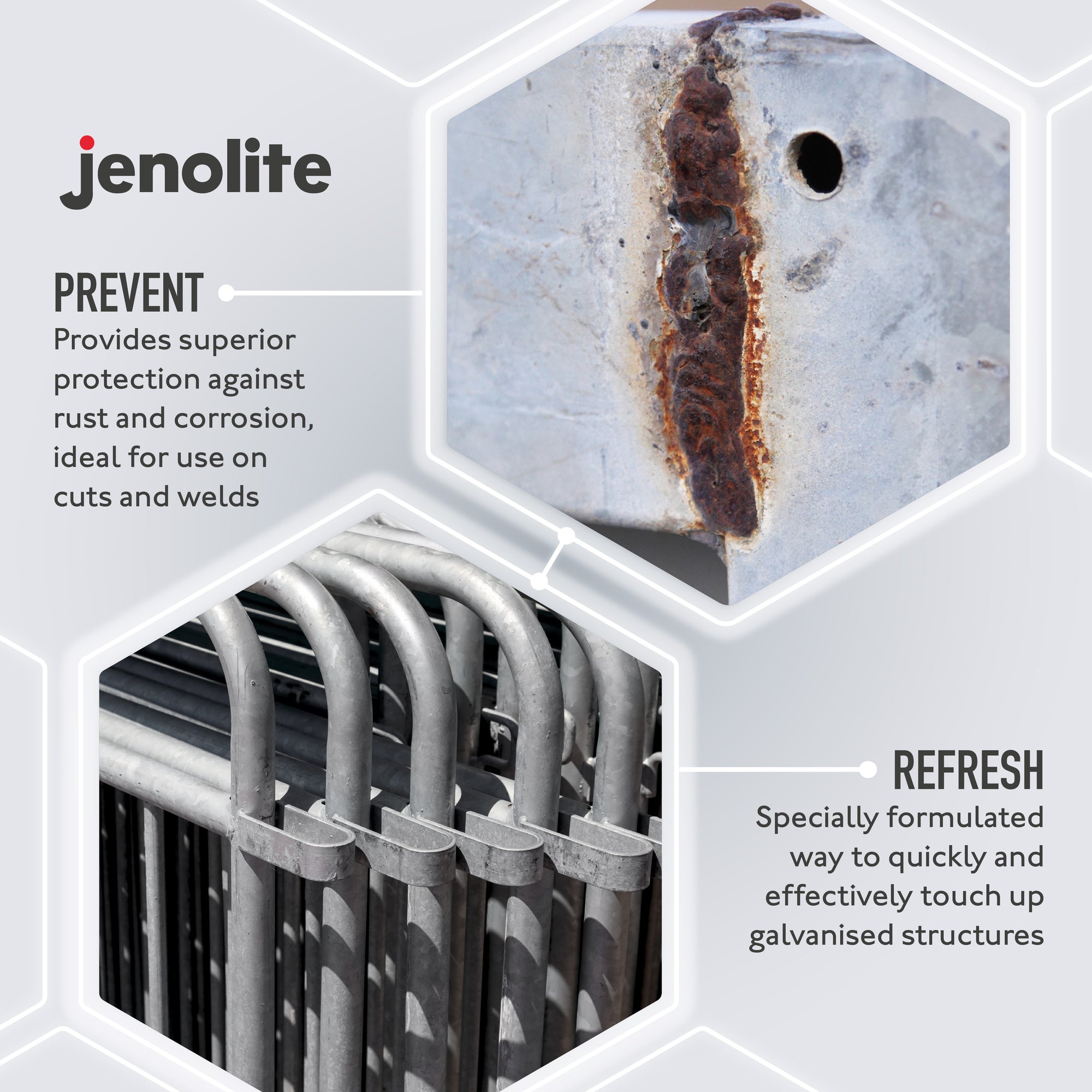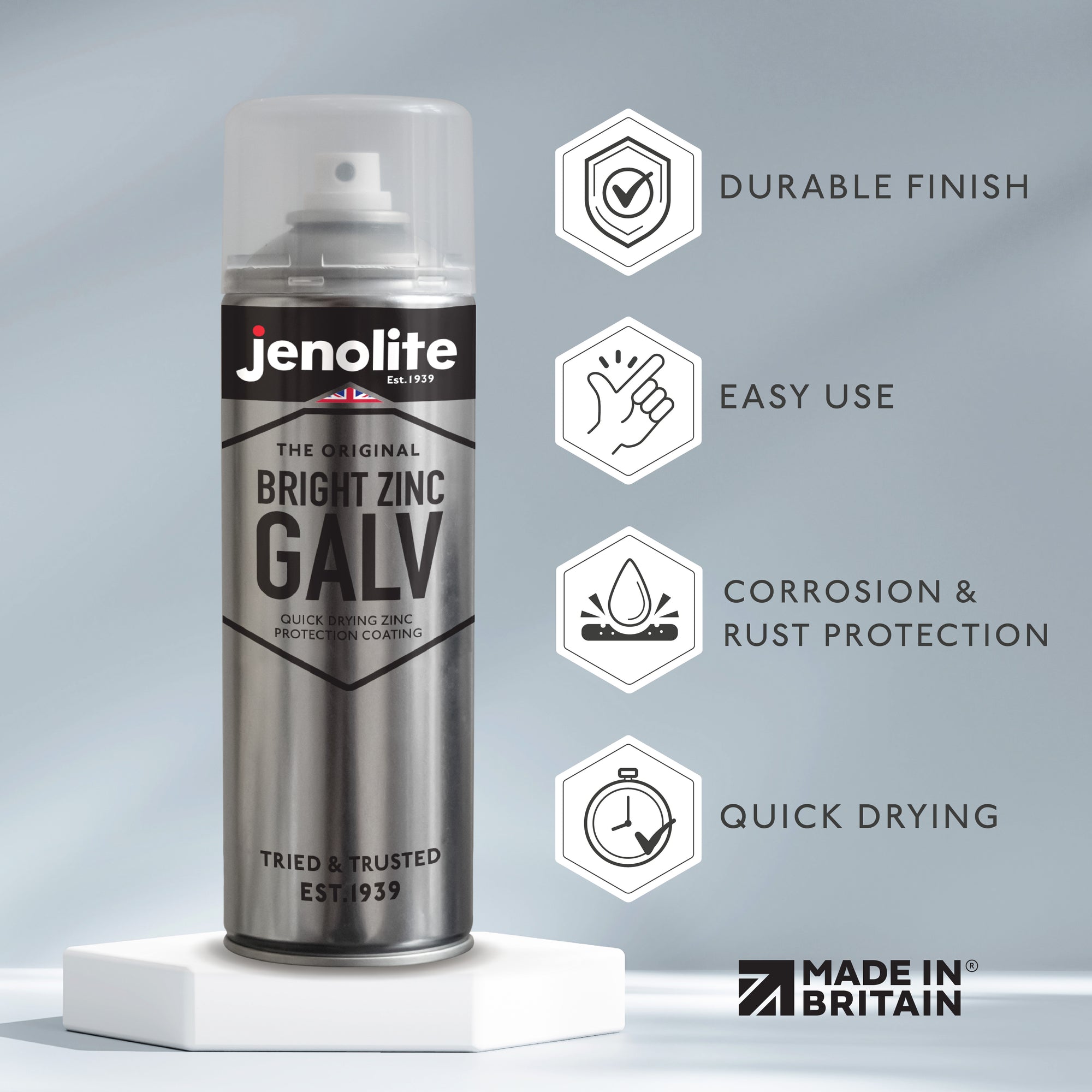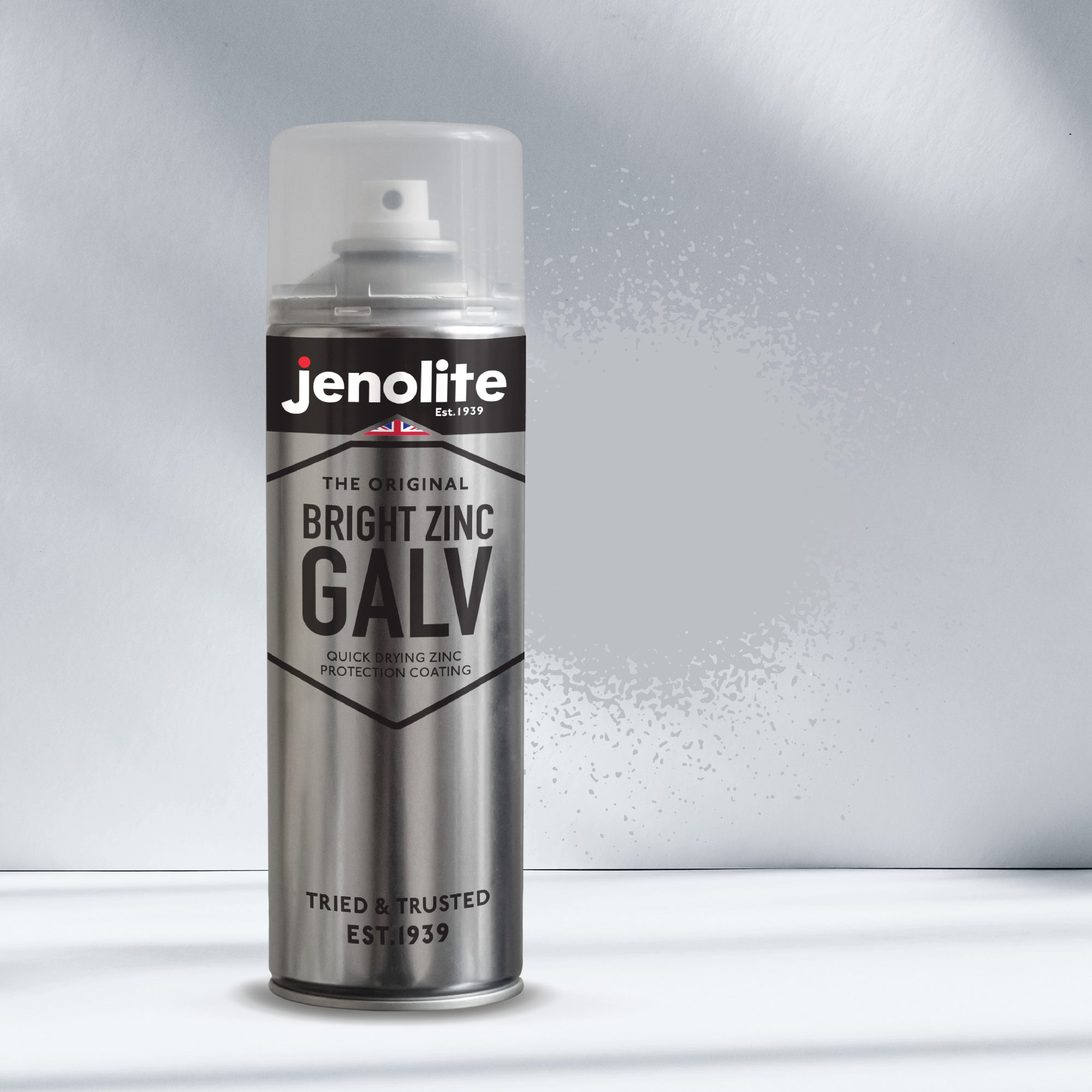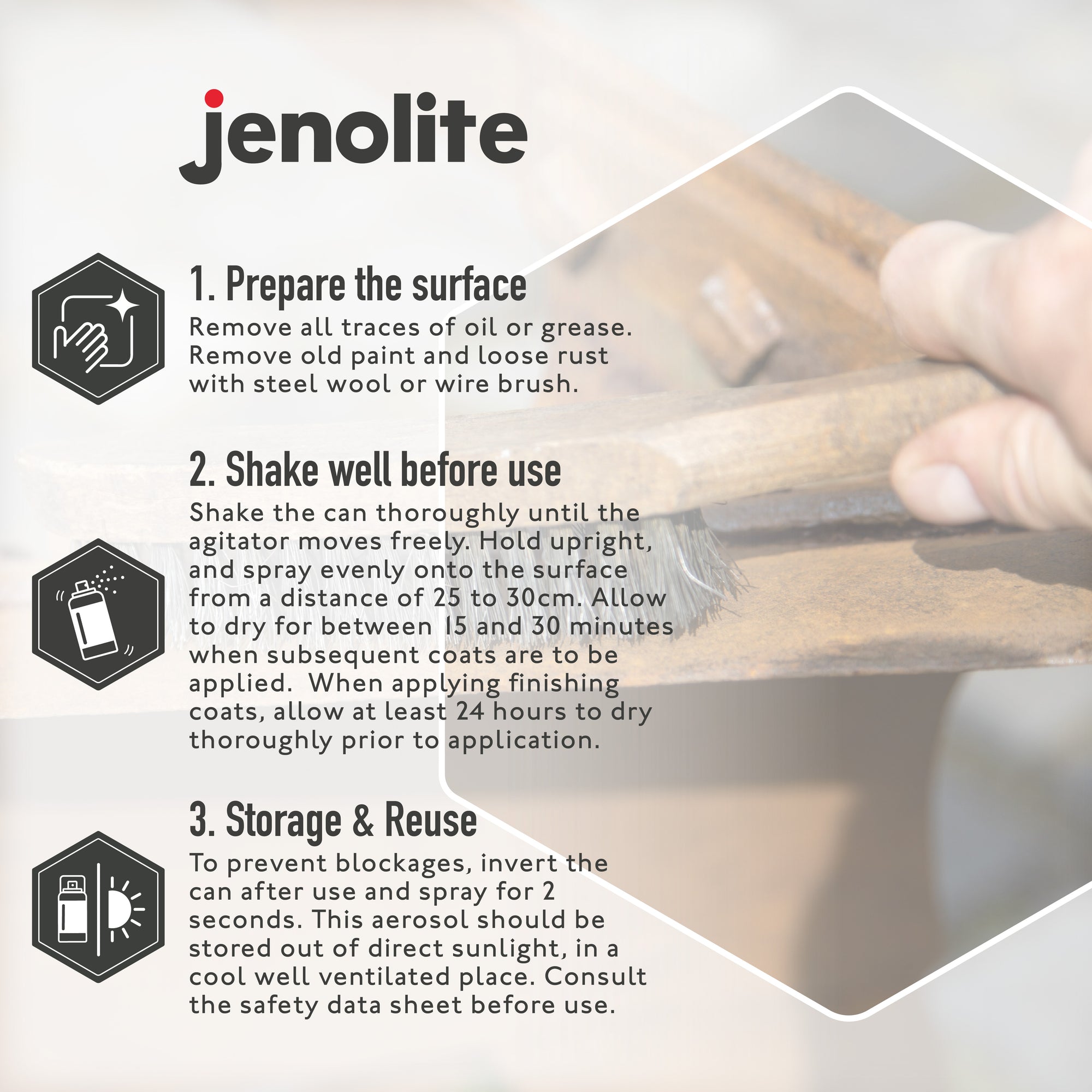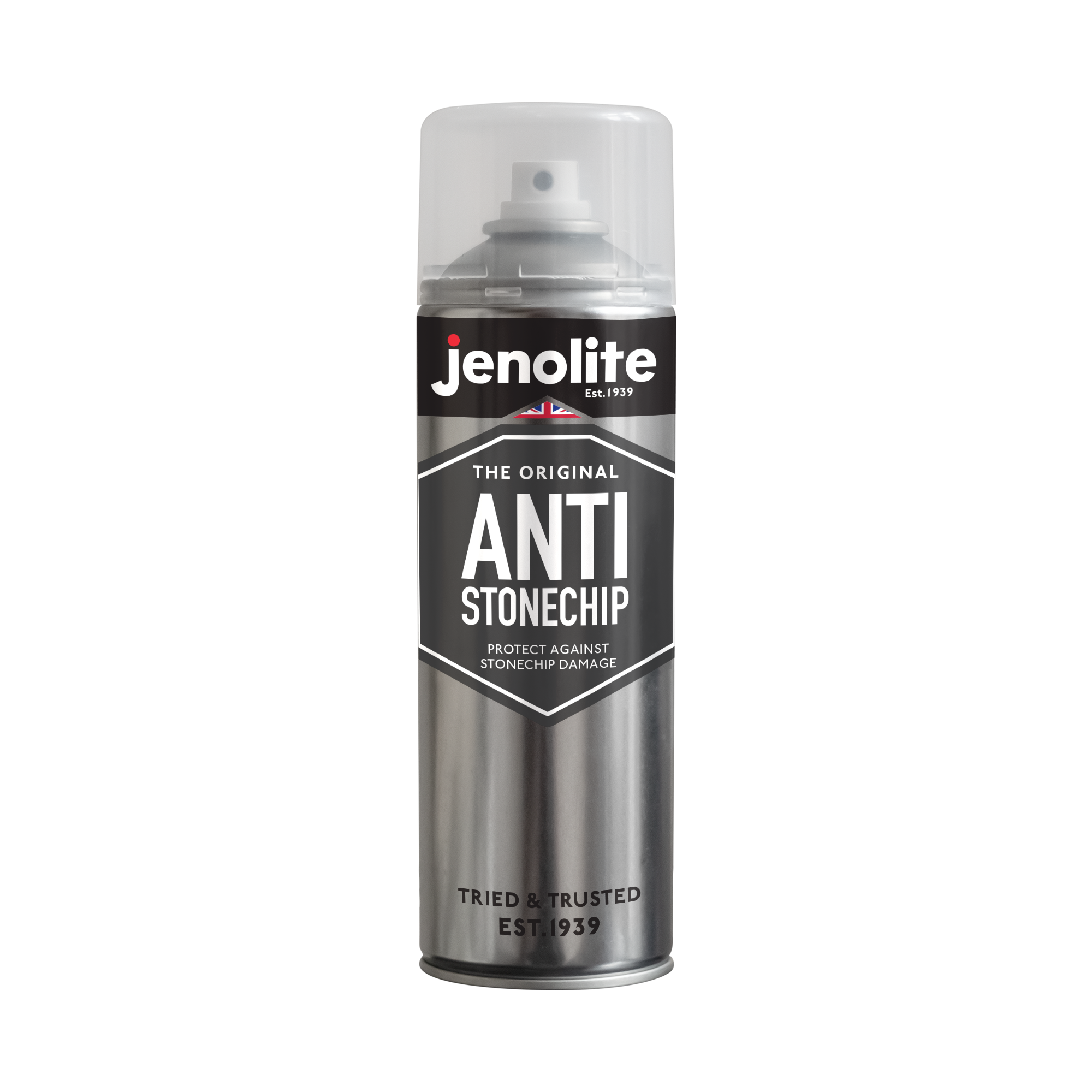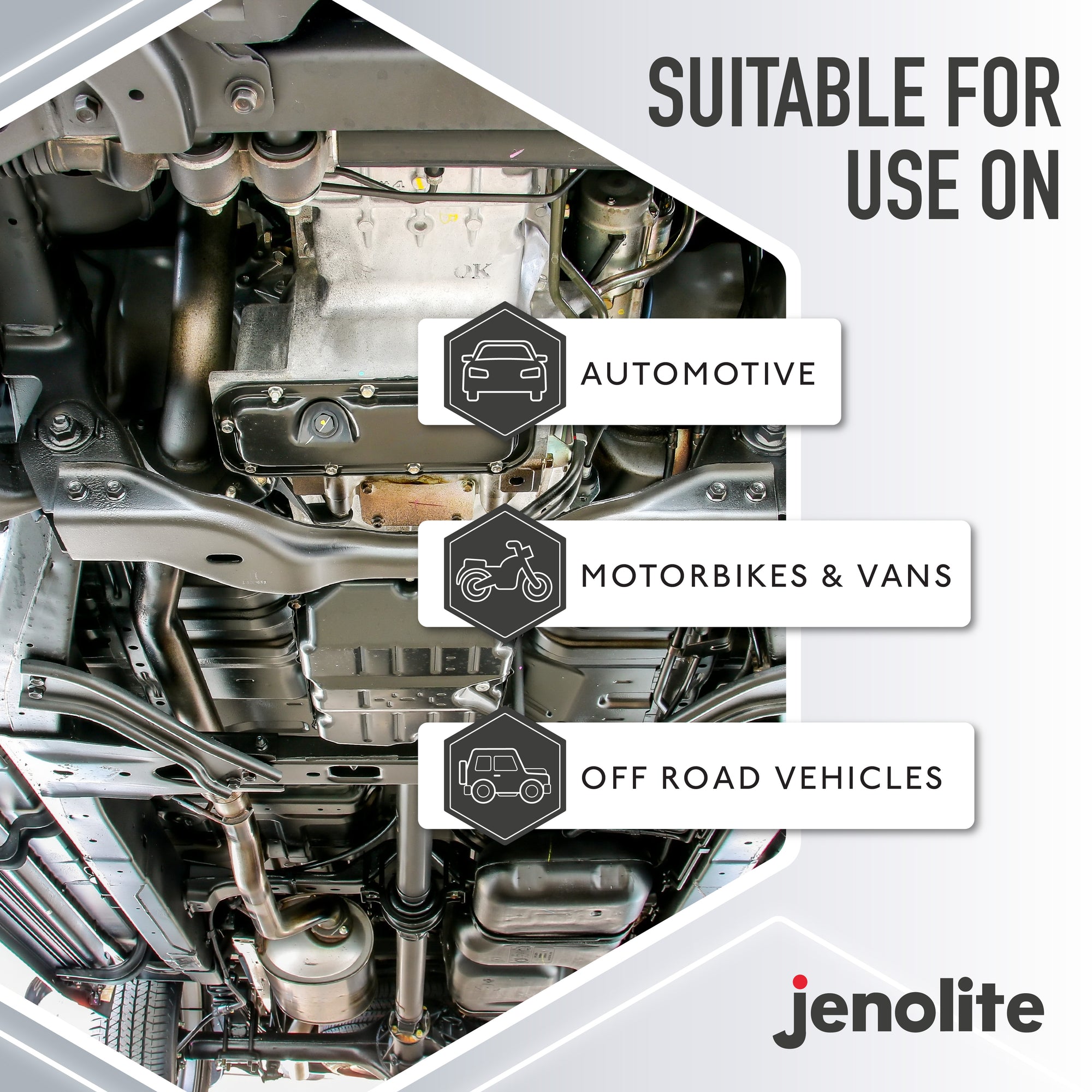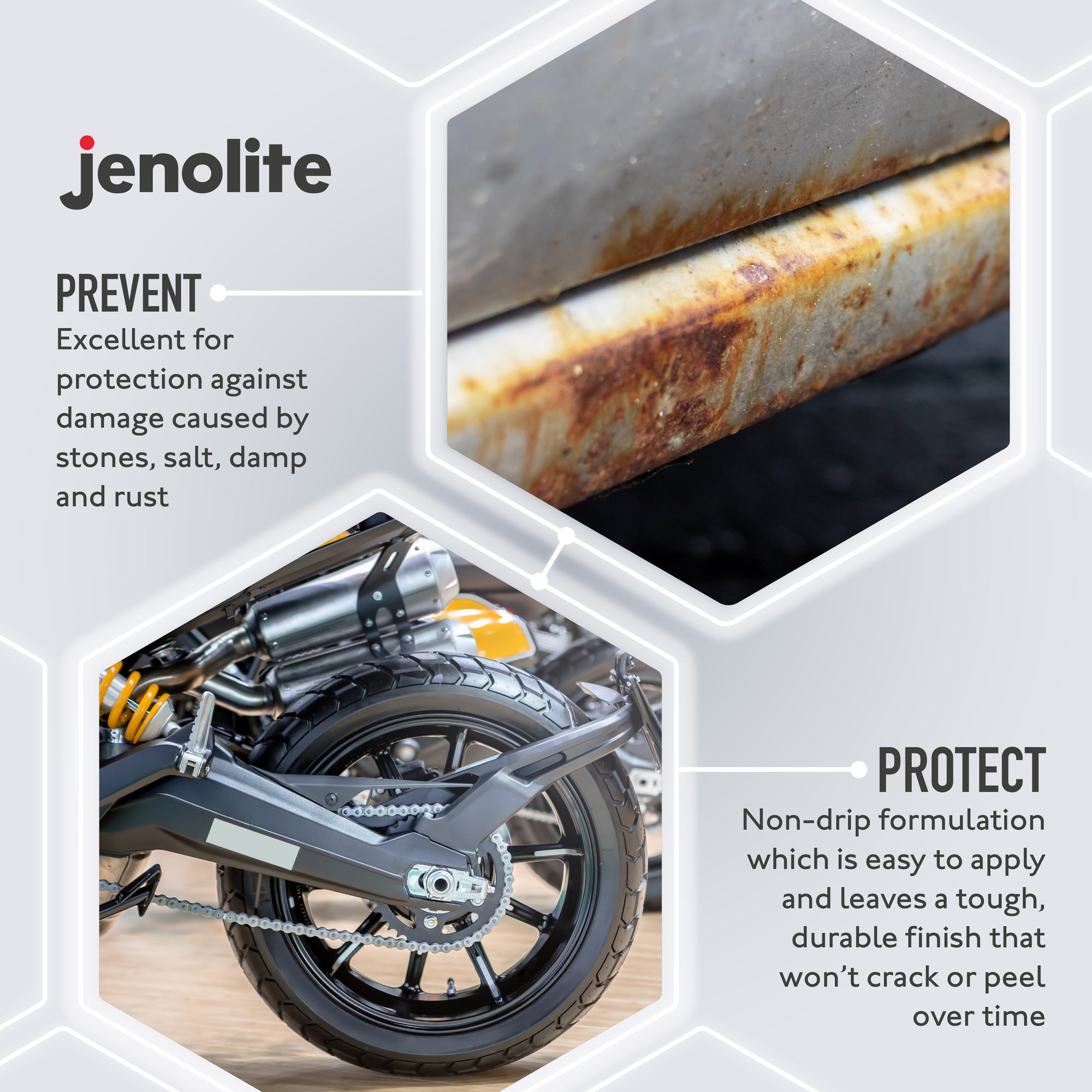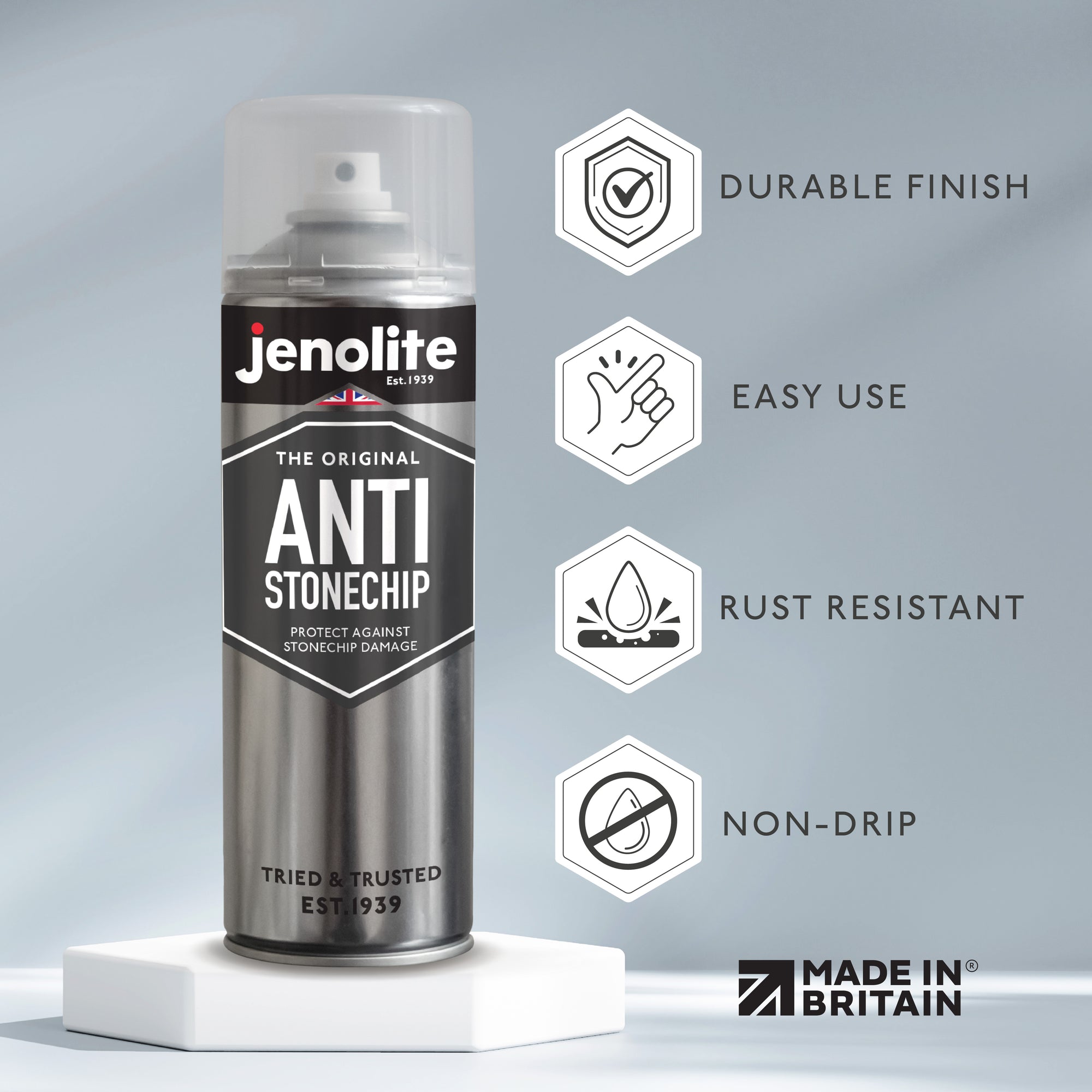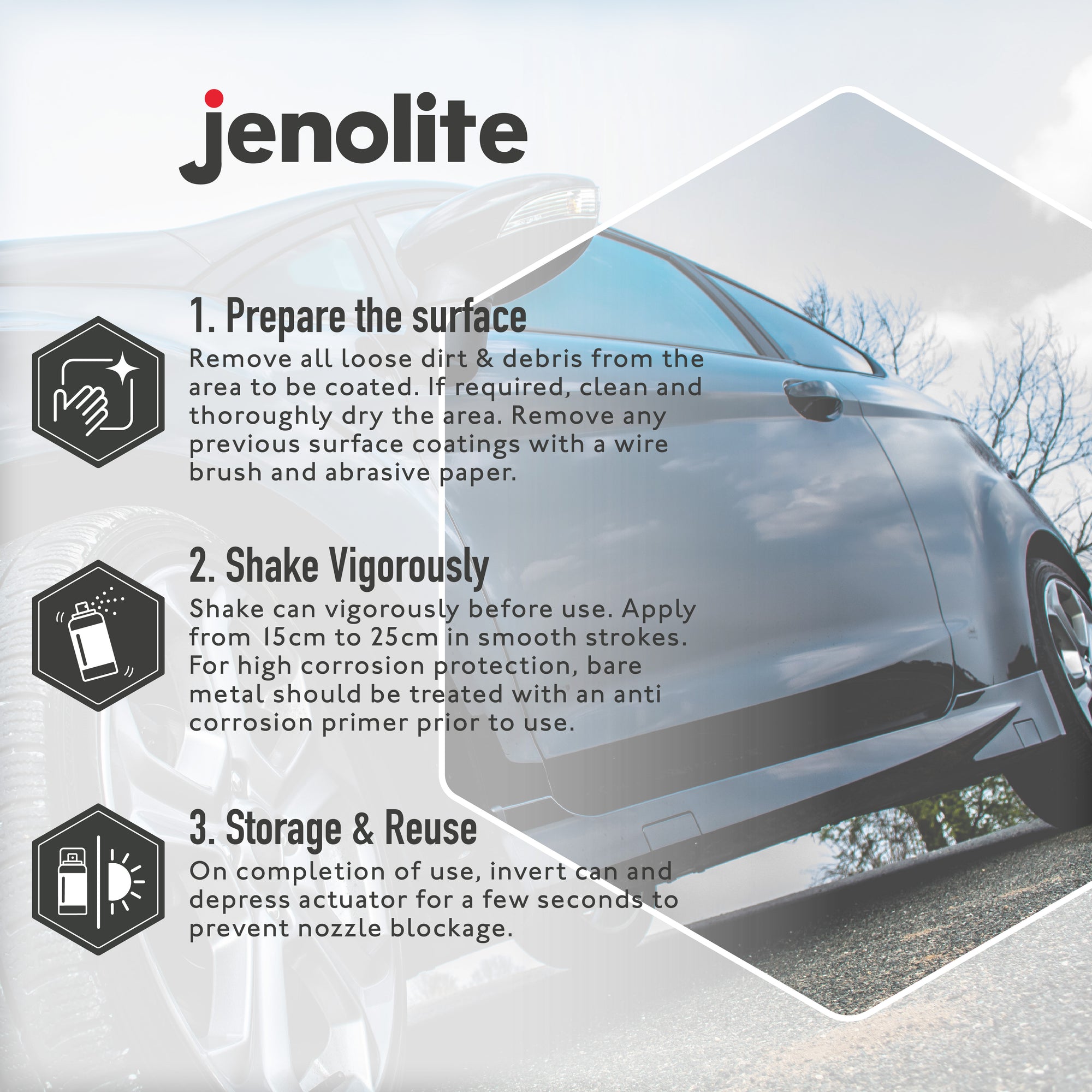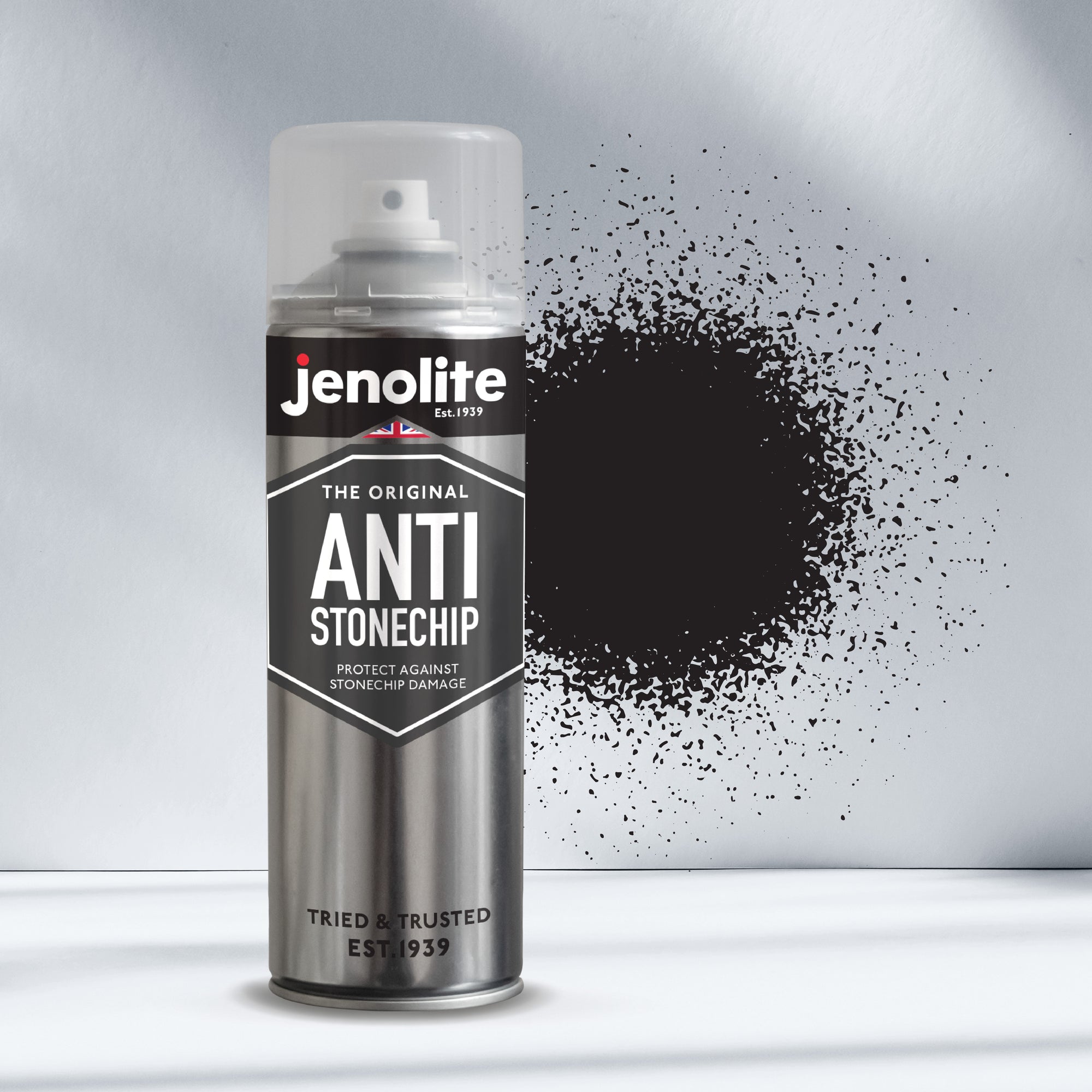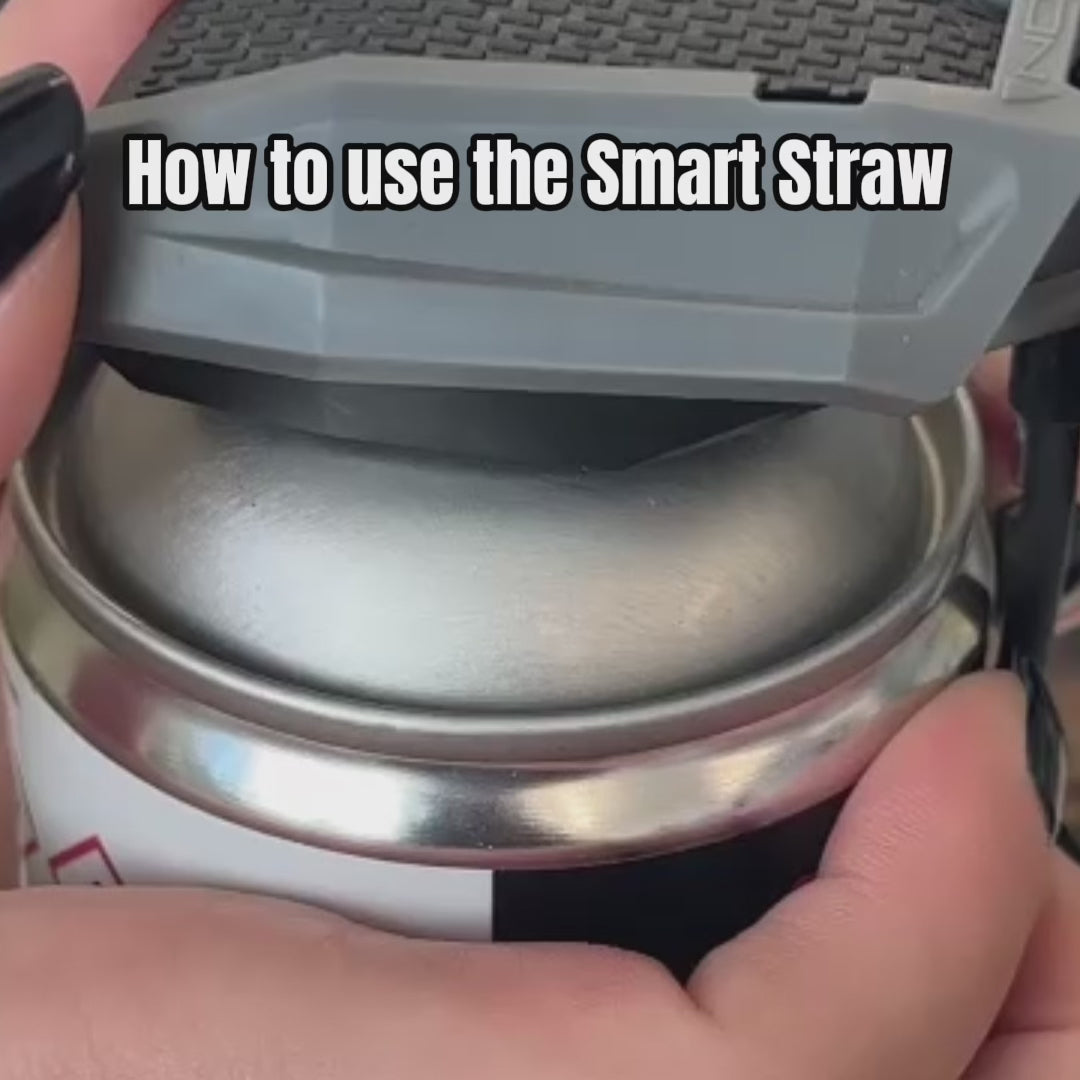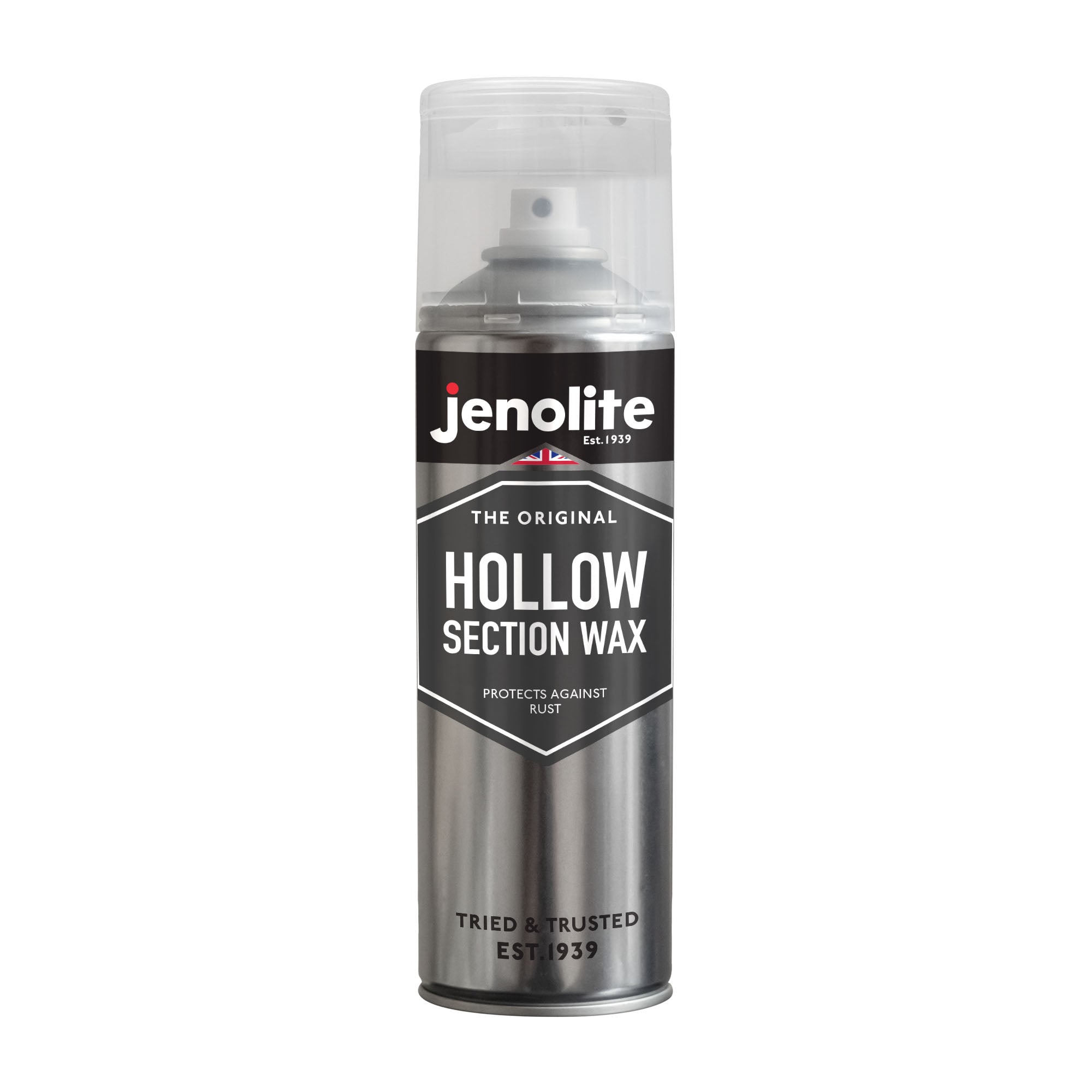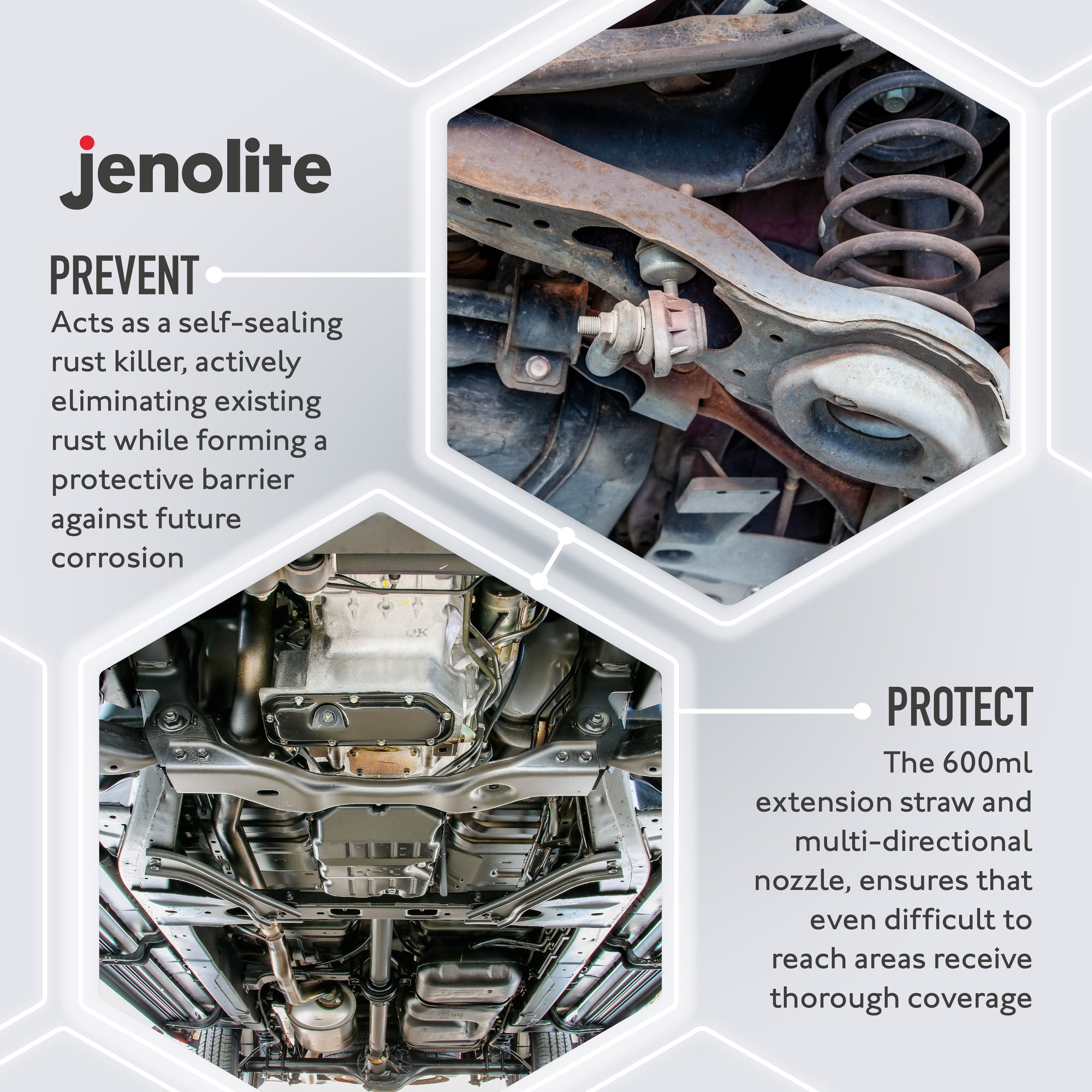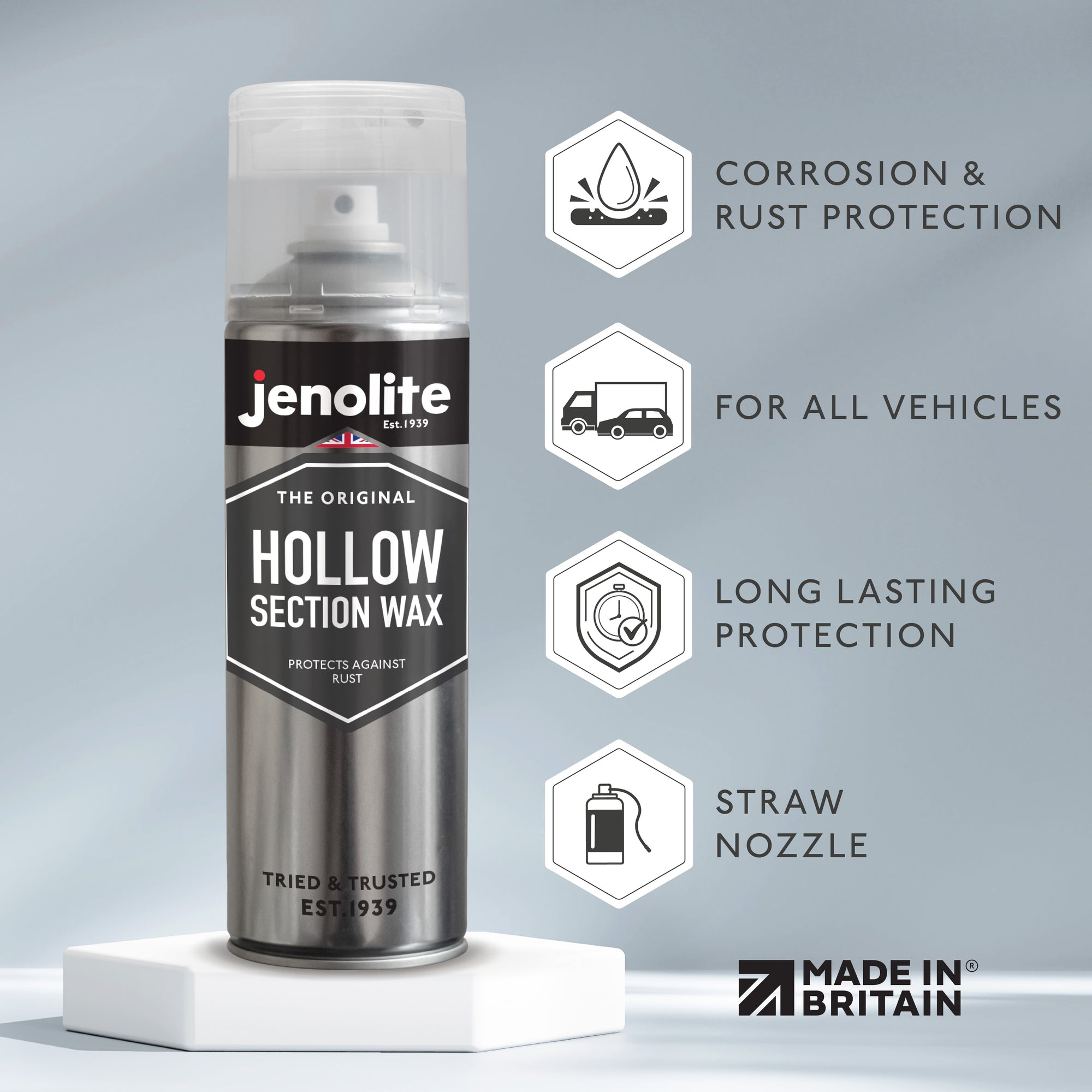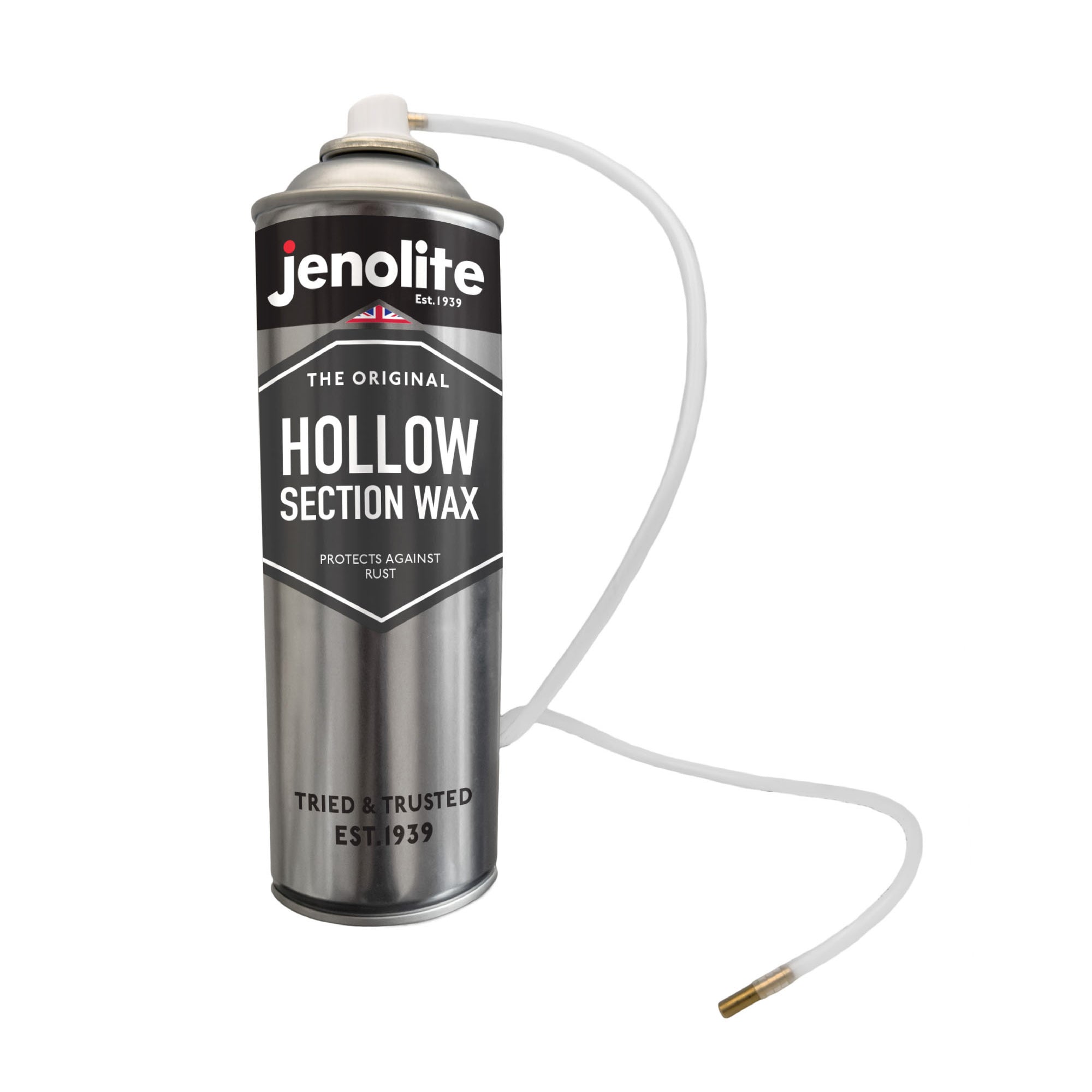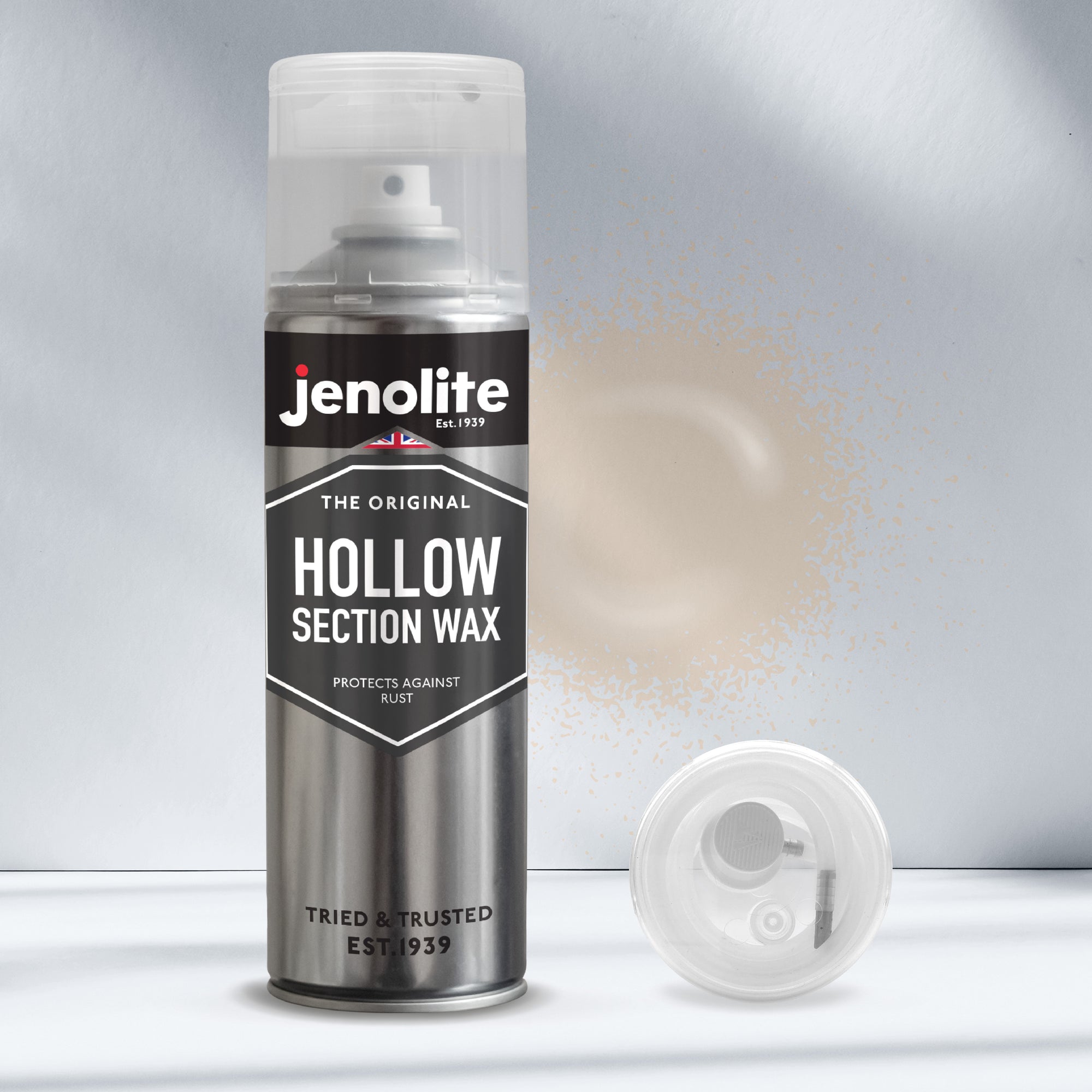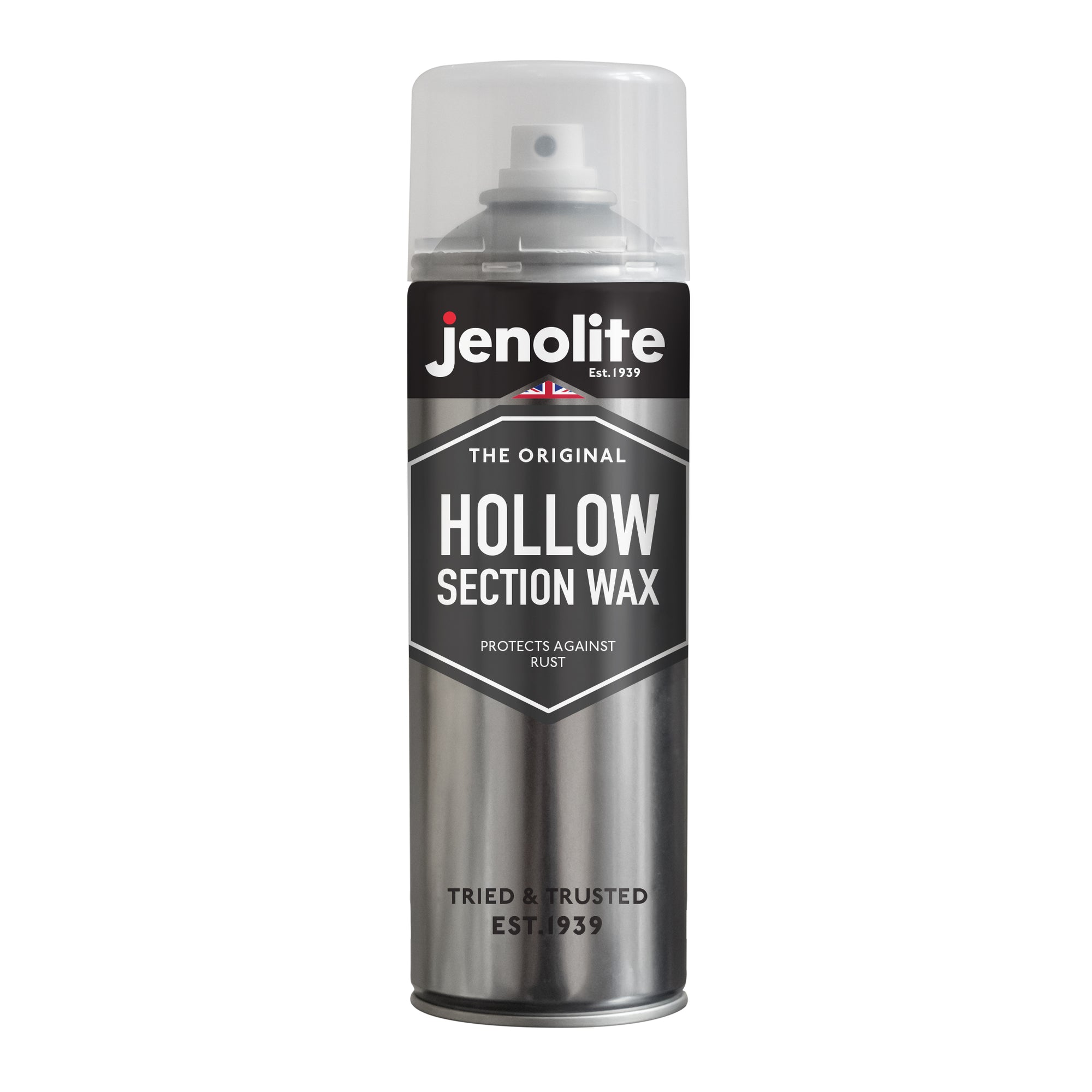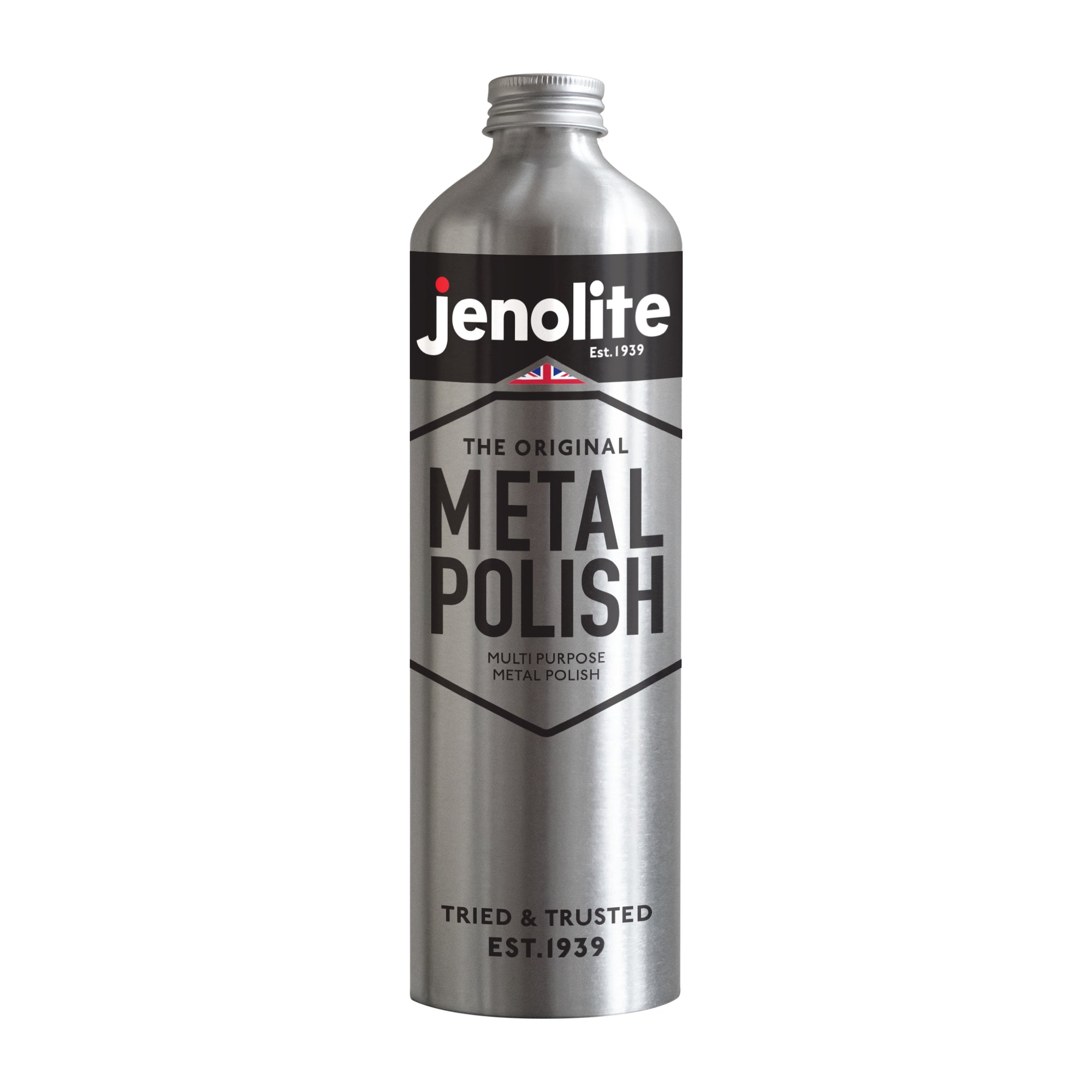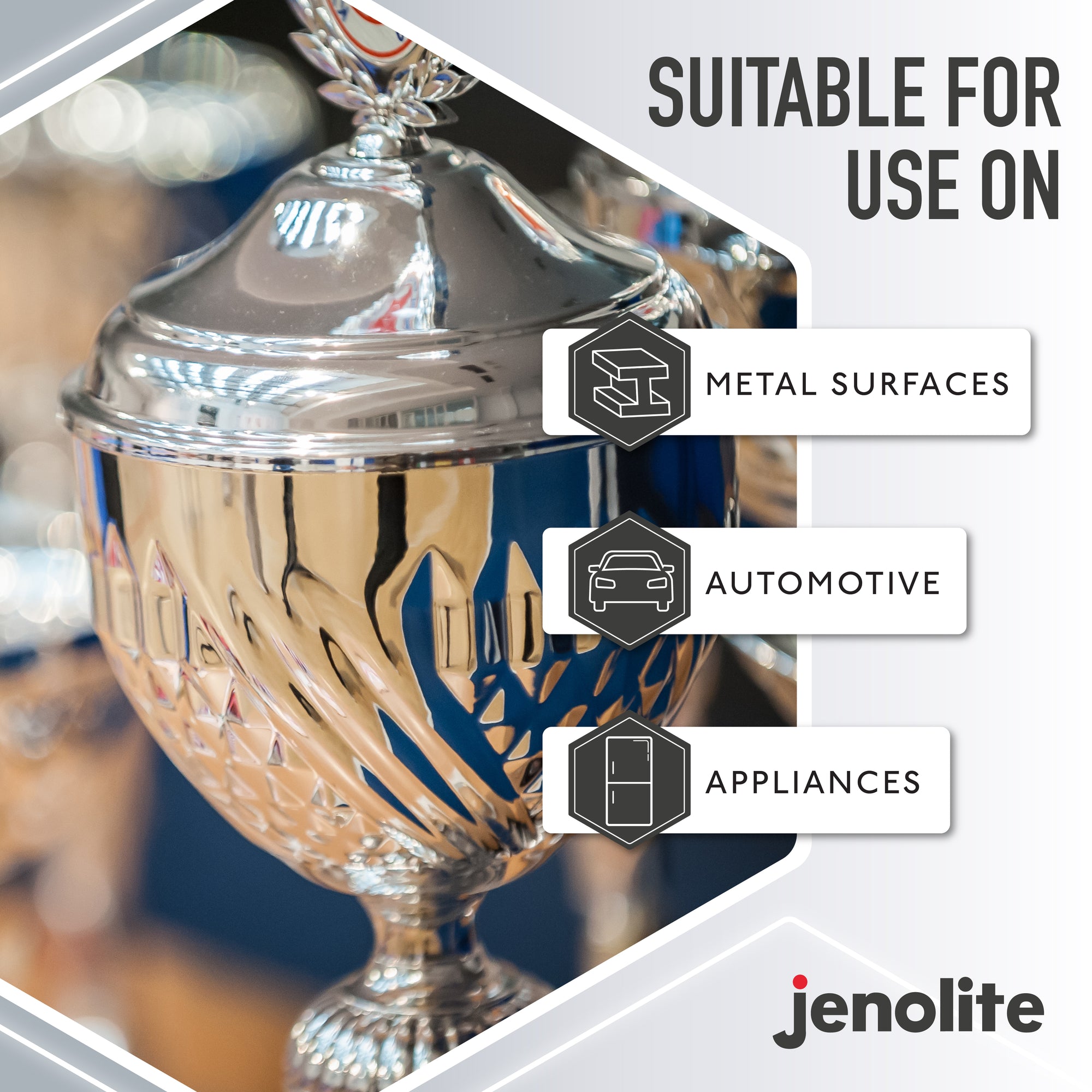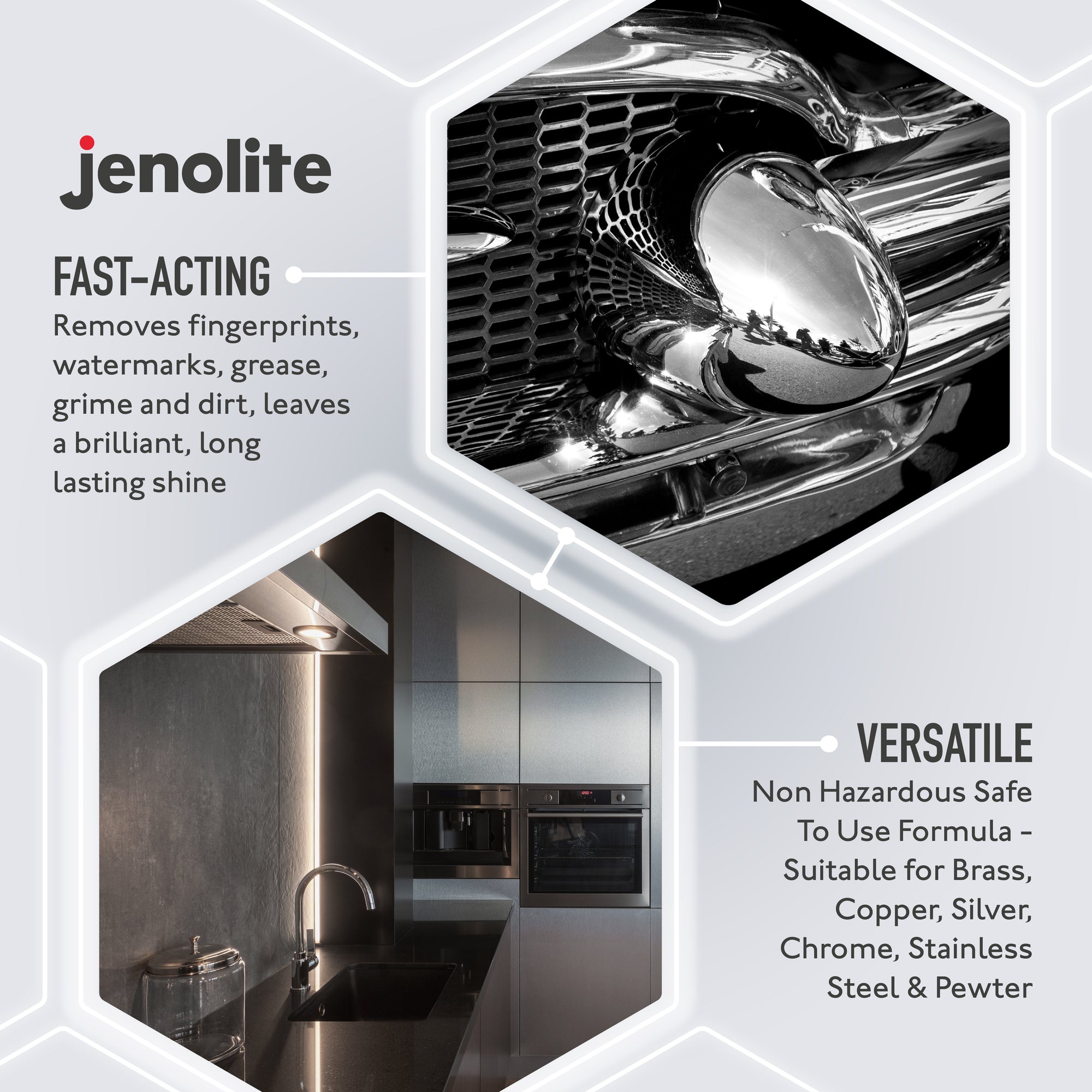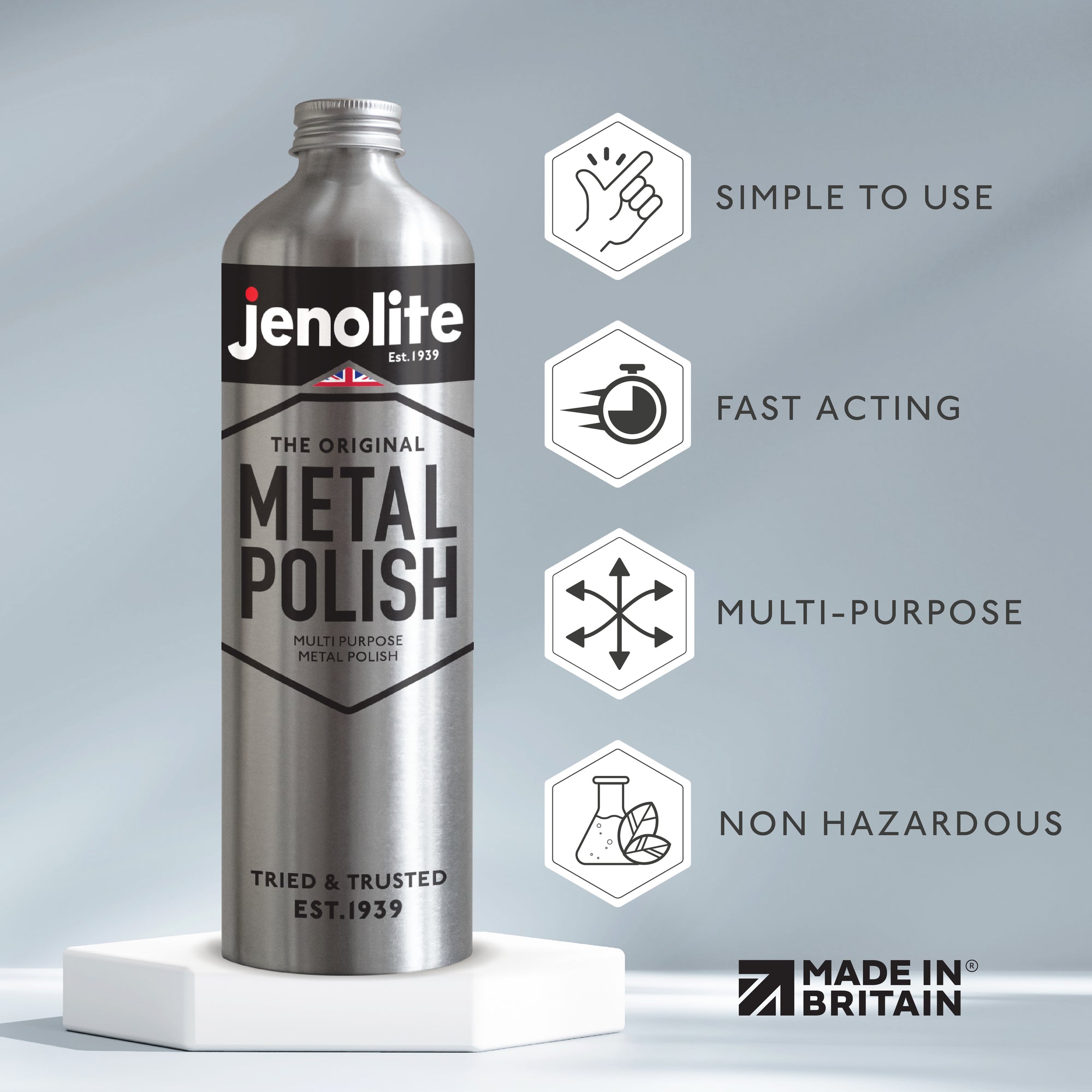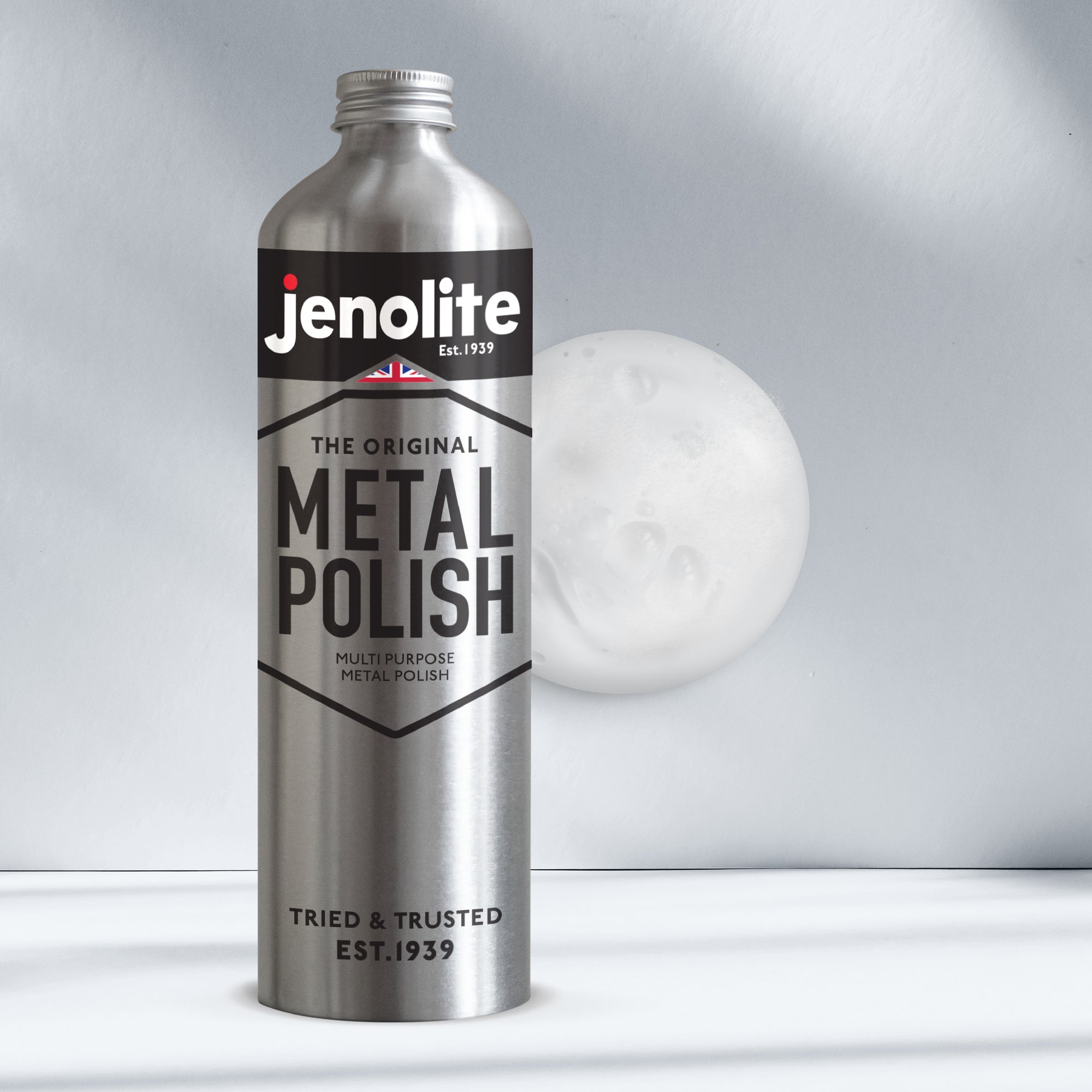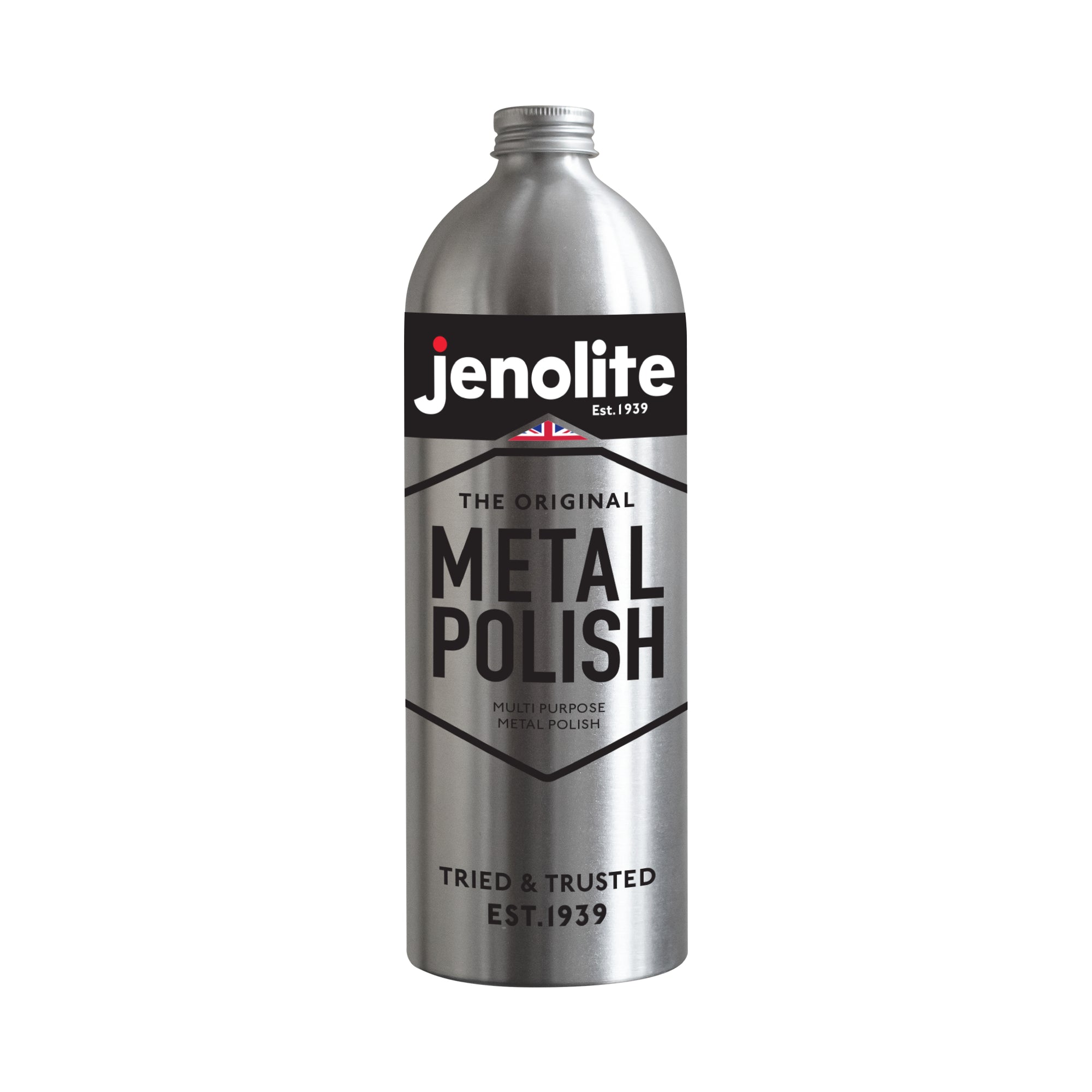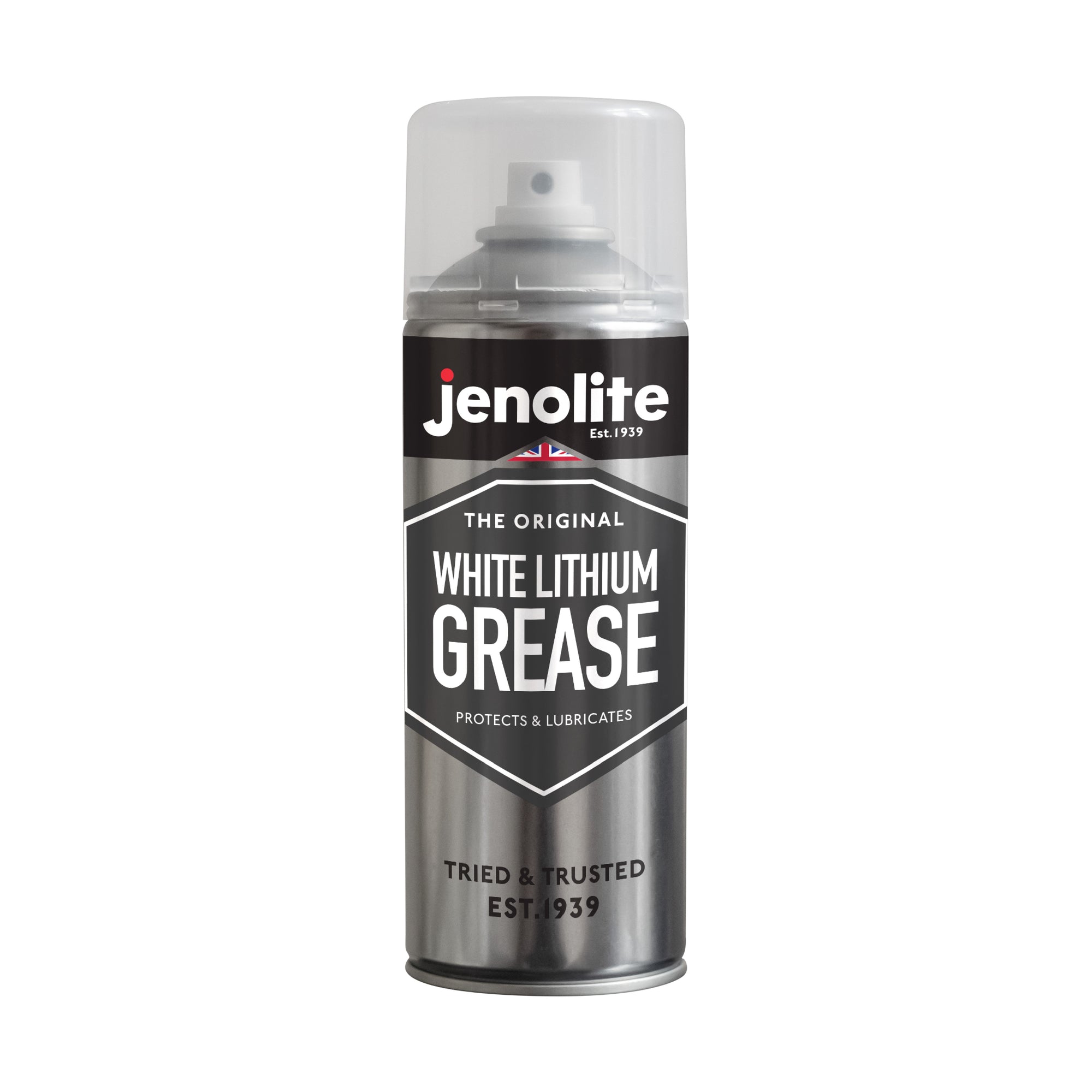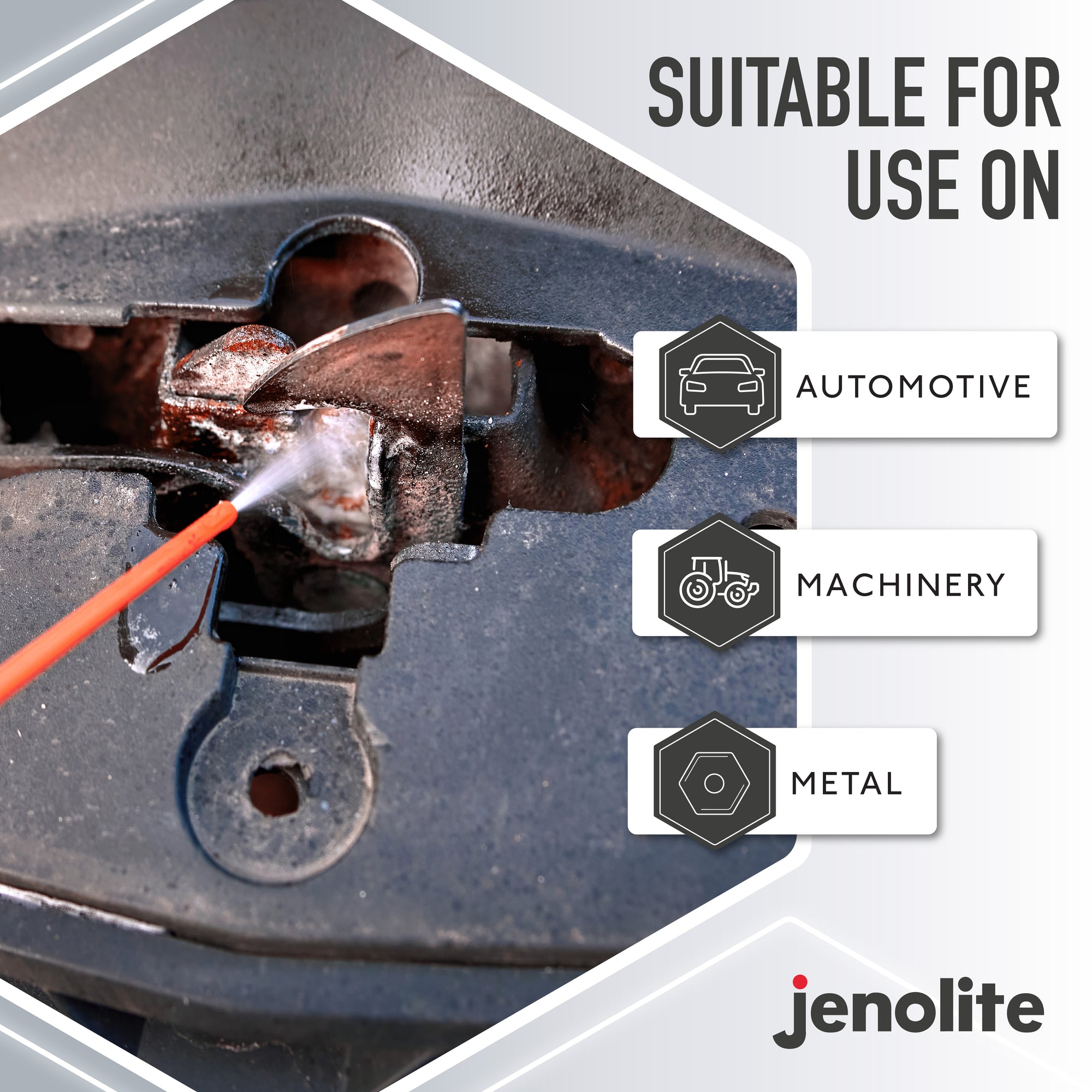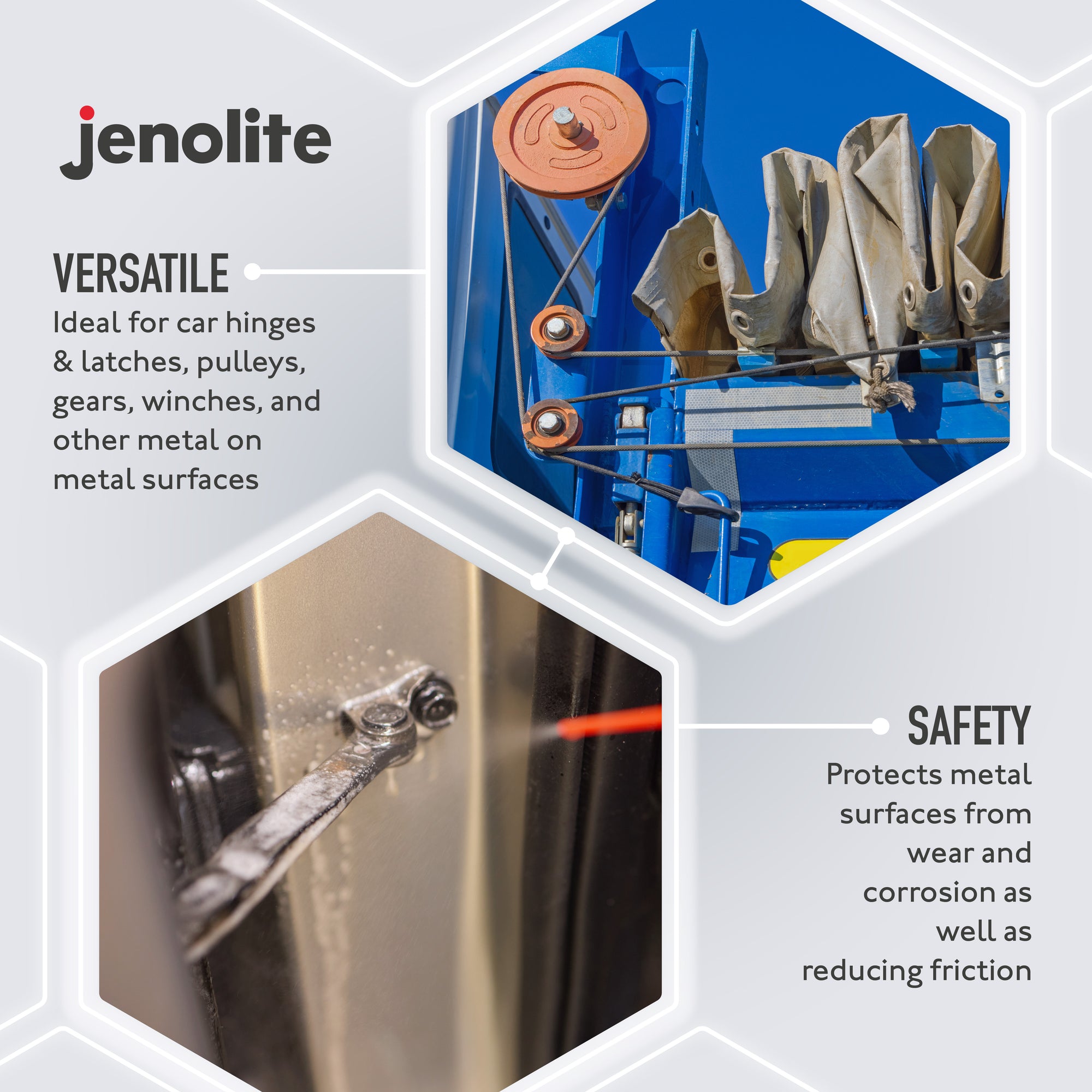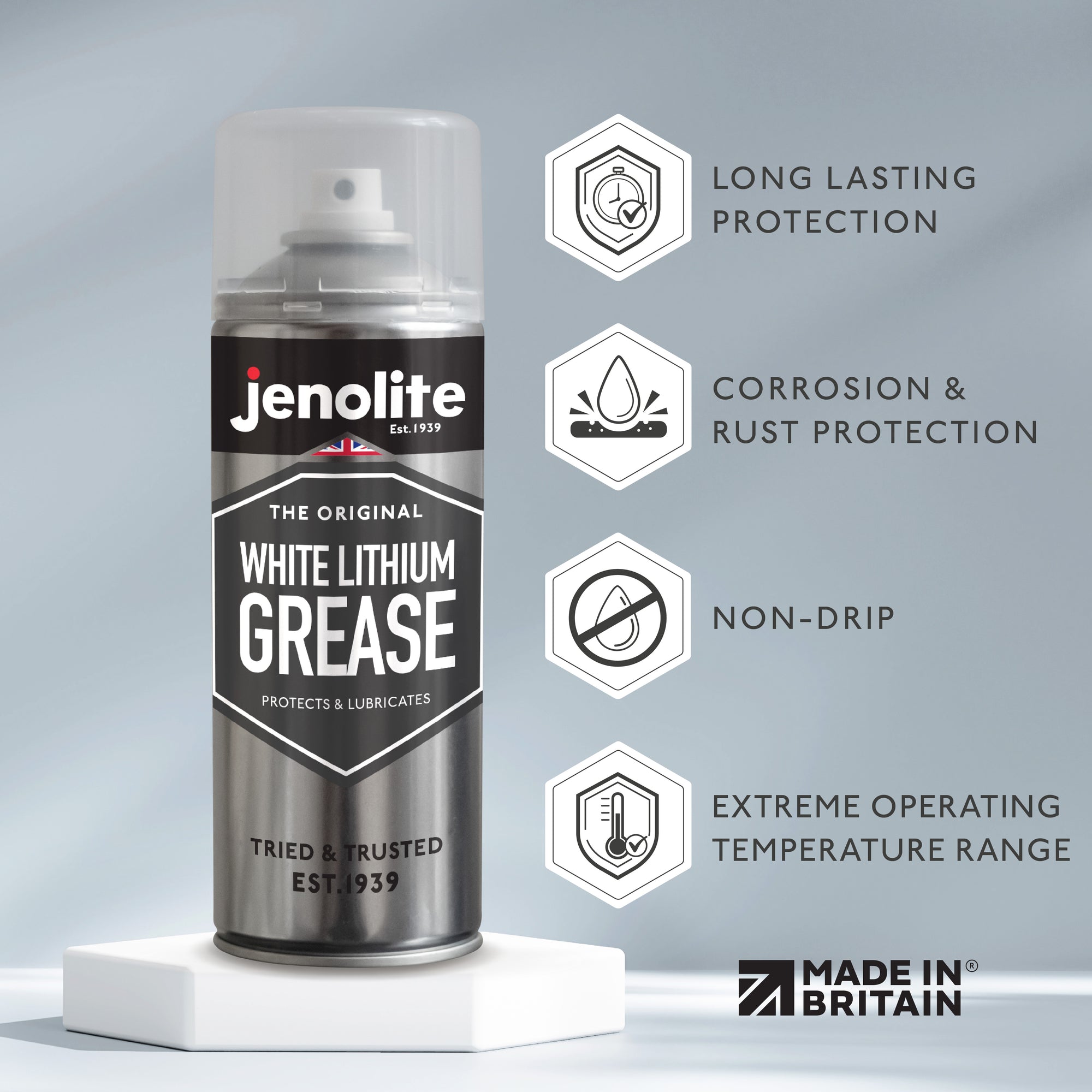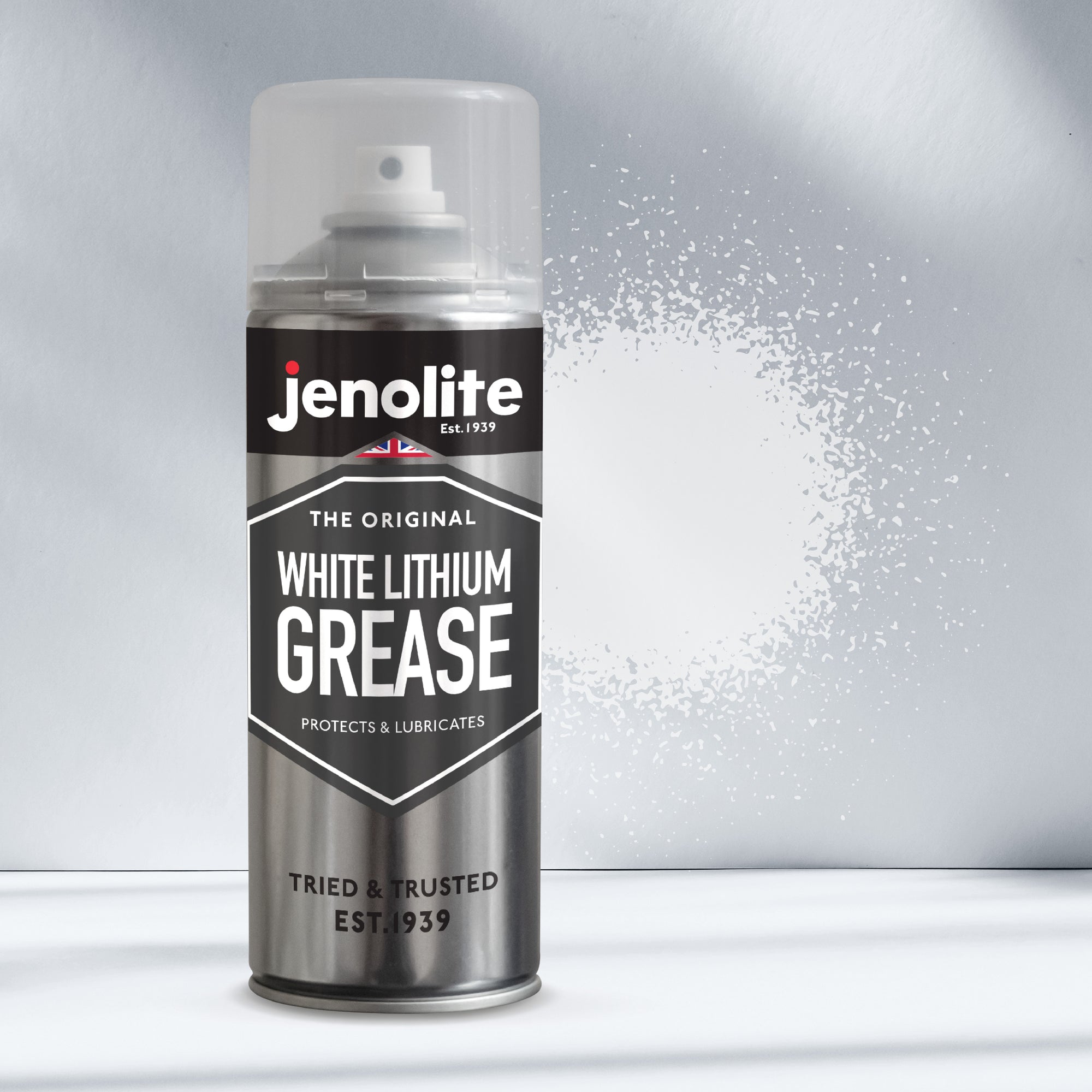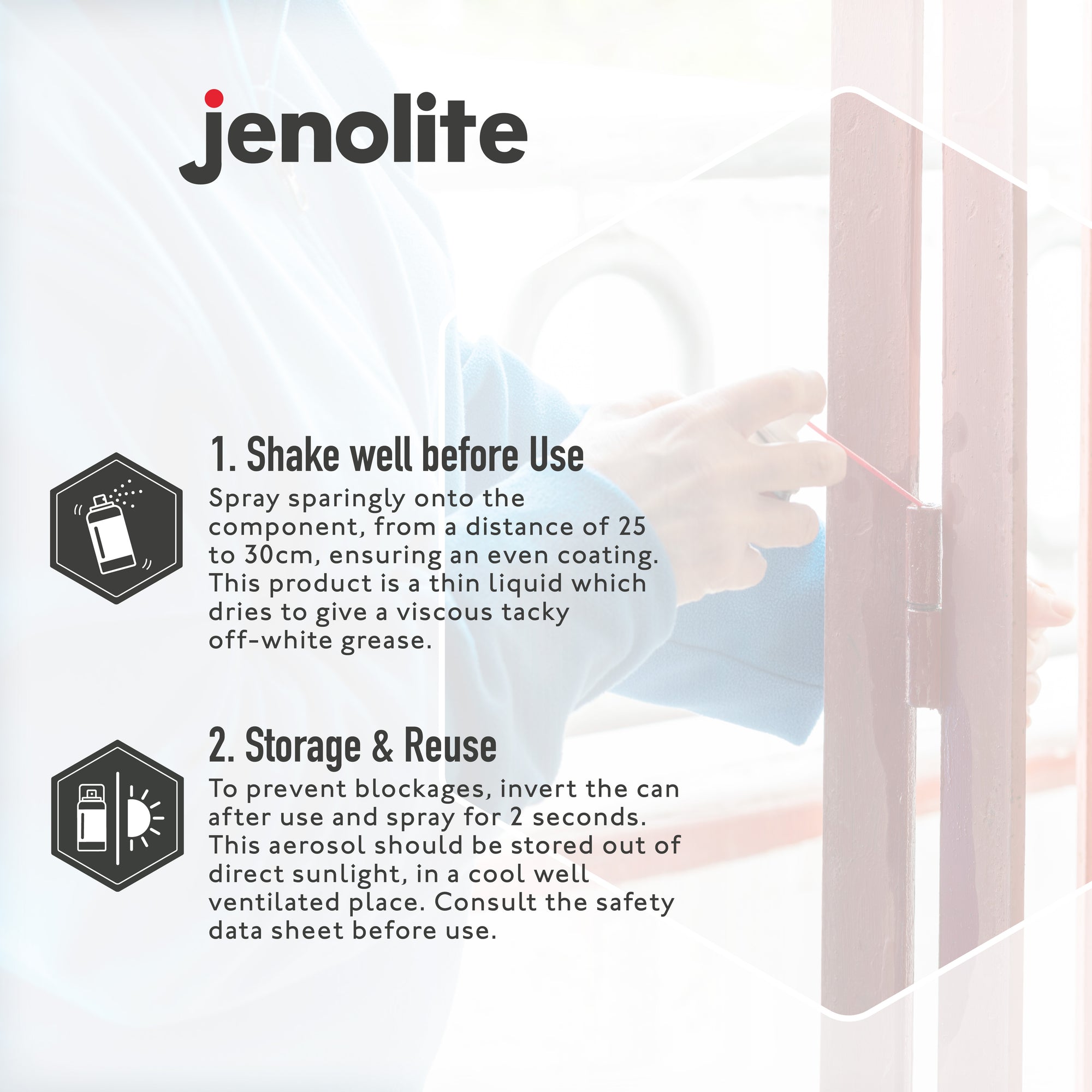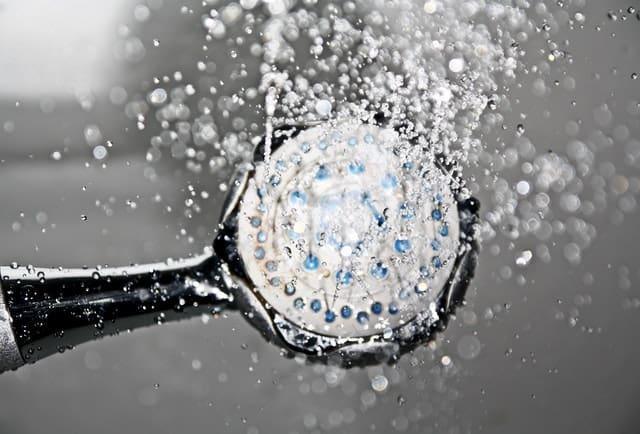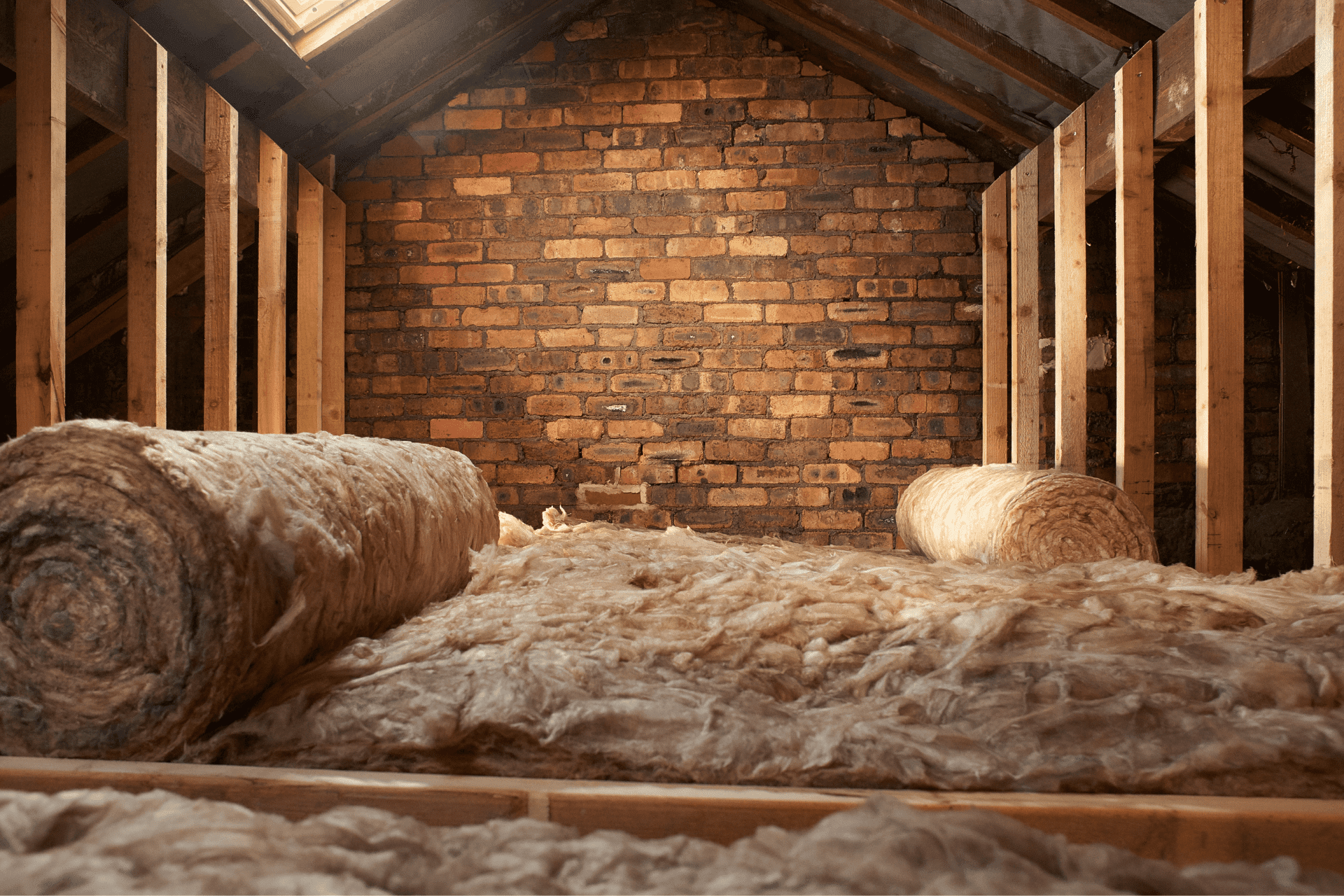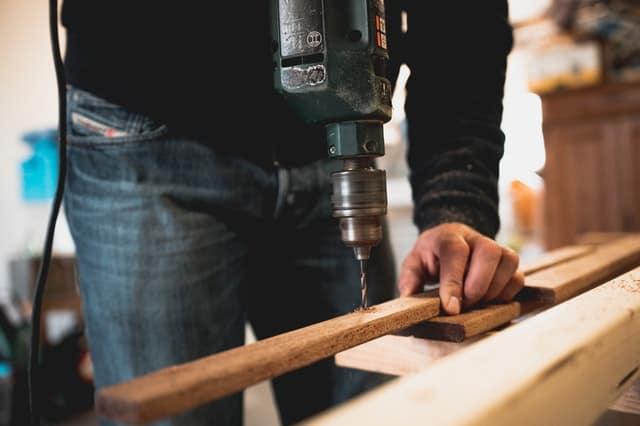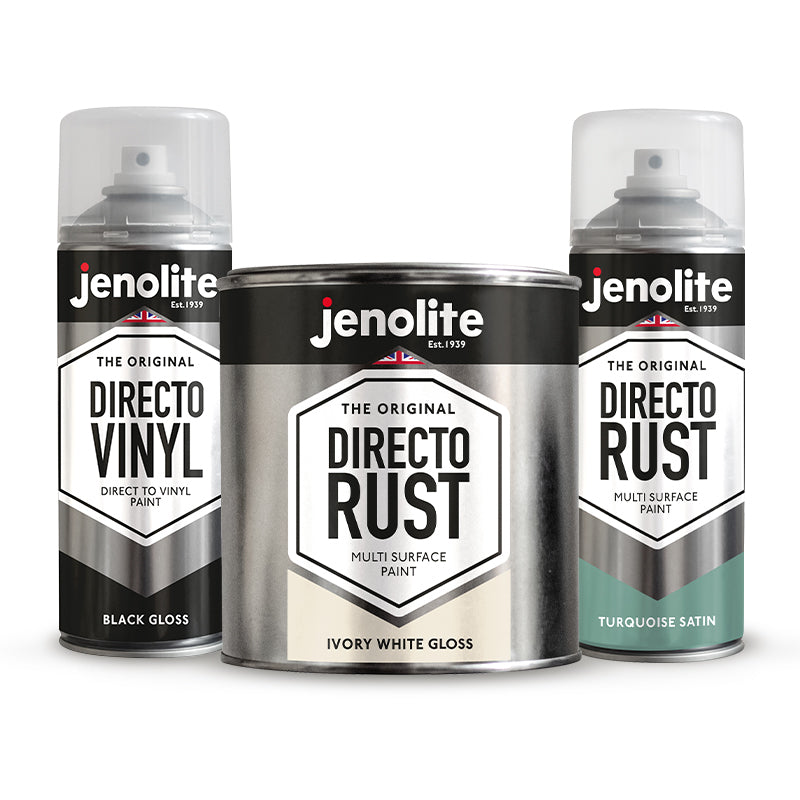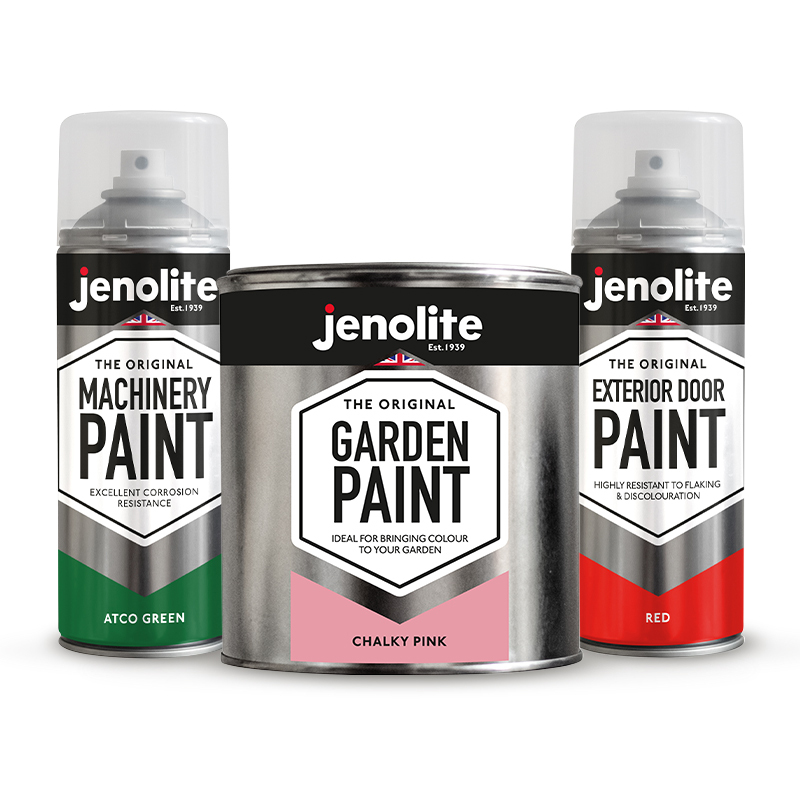Rust can be an unsightly addition to your bathroom, with much of the rust being located in the areas you clean yourself in. It doesn’t matter how much you clean or how much bleach you use, it still looks dirty. This is, for obvious reasons, not ideal.
Luckily, there’s a simple solution to your rusty bathroom nightmares, and by following this guide, you can get your shower looking spick and span again.
How to remove rust stains in the shower
Removing rust isn’t a dangerous task, however, it would be best practice to wear rubber gloves, and to be even safer, consider wearing a mask to ensure no harsh chemicals come into contact with your lungs and skin, as this could cause irritation If you do get any chemical irritation make sure you get checked out.
Tip: always make sure your bathroom stays well ventilated during cleaning. This ensures you get fresh air and aren’t breathing in too many chemicals. Opening a window is ideal.
Some of the most common places in the shower you can see a build-up of rust are the plug, the showerhead, and the taps.
Jenoltie’s non-hazardous rust remover is perfect for use in the shower as it is a safer alternative to harsher chemicals. This is better for the environment and also doesn’t require the safety gloves or equipment mentioned above. It is great for soft metals such as chrome, copper, brass, and aluminum which most shower heads are made from. All you have to do is soak some strong paper towels in the Jenolite rust remover and place plastic sheeting on top. Leave for 4-24 hours, depending on the severity of the rust, and rinse.
Alternatively, you can use our Rust Remover Liquid and apply it by spraying, brushing, or immersing for 15 minutes. You will need to ensure you are continually working into the rust with a brush to keep the product active. This will turn the rust into a sticky consistency and will be easy to remove the rust as the product works its way in. Try to wipe the rust off back to bare metal without letting it dry.
There is also no need to rinse off, just wipe away and you’re ready to prime in 30 minutes.
Jenolite’s thick liquid rust remover is great for removing rust from the source, working to get tubular components like pipes back to their bare-metal state.
How to remove rust stains from a shower caddy
A shower caddy is an essential bathroom accessory, used to hang up sponges, loofahs, or hold shower gel and other shower products for an organised bathroom.
To get an effective deep clean, use any Jenolite rust remover - the non-hazardous one mentioned above is a good bet - and simply submerge the parts in this for 4-24 hours. What’s great is this method doesn’t require any scrubbing or sanding which means you can get on with your day.
If your shower caddy is too large, you can always use the paper towel method mentioned previously.
Removing rust stains from a plug
As a plug is a very small component, you will just need a small quantity of Jenolite rust remover liquid (our smallest bottle of standard rust remover liquid is the 500ml one). Simply submerge the plug for 15 minutes and wipe dry, job done!
Preventing rust on your shower in the future
As rust is caused by metal reacting with oxygen and water for prolonged periods of time, wiping down your shower can be a great habit to get into, as this will reduce the time spent submerged in water and prolonged rust buildup. Another way to keep surfaces dry or dry quicker is by keeping the bathroom well ventilated with the use of a fan or an open window for a few minutes or so after showering.
As rust develops in the pipes and spreads to the visible parts of your bathroom, it is important to keep your showerhead clean. Regular cleaning will help prevent this. Why not make your shower sparkle even further by finishing off with Jenolite's metal polish for a cleaner look.
What about natural methods?
There are many ‘at home’ tips and tricks you can find online, from baking soda and lemon to salt and vinegar (think we’ll leave that for Walkers). However, you will benefit more by using professional tried, and tested methods that are proven to work as well as repel to avoid future rust attacks, making it potentially cheaper in the long run.
Using professional products is also much easier and doesn’t require as much elbow grease or hard labor that can be time-consuming and inefficient.

